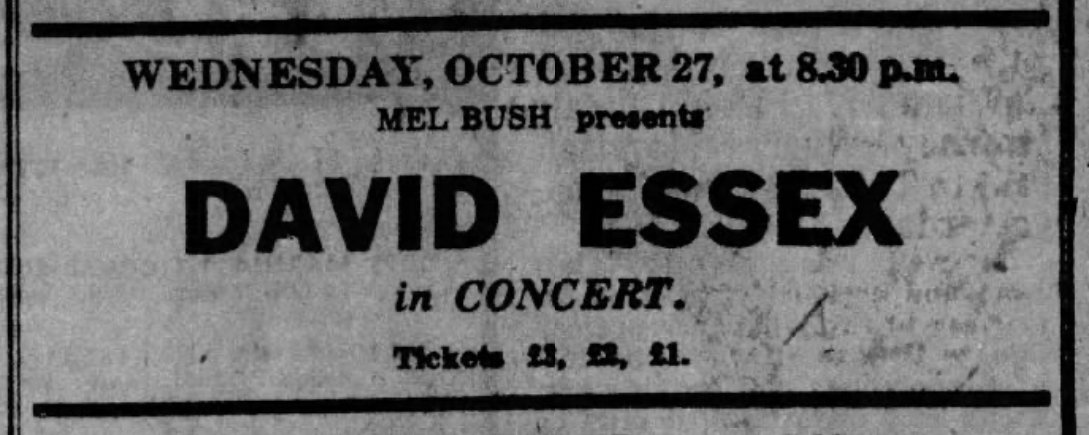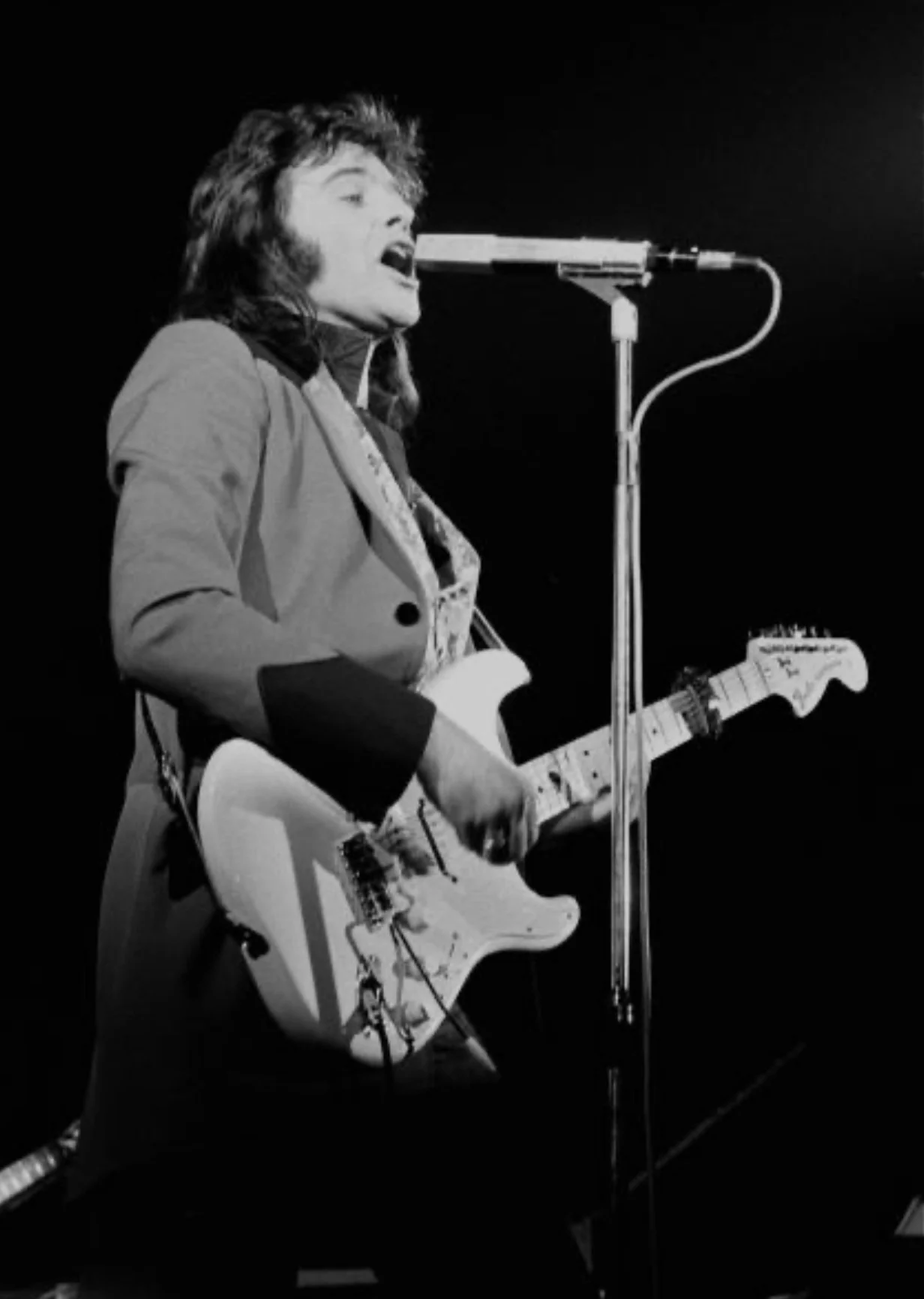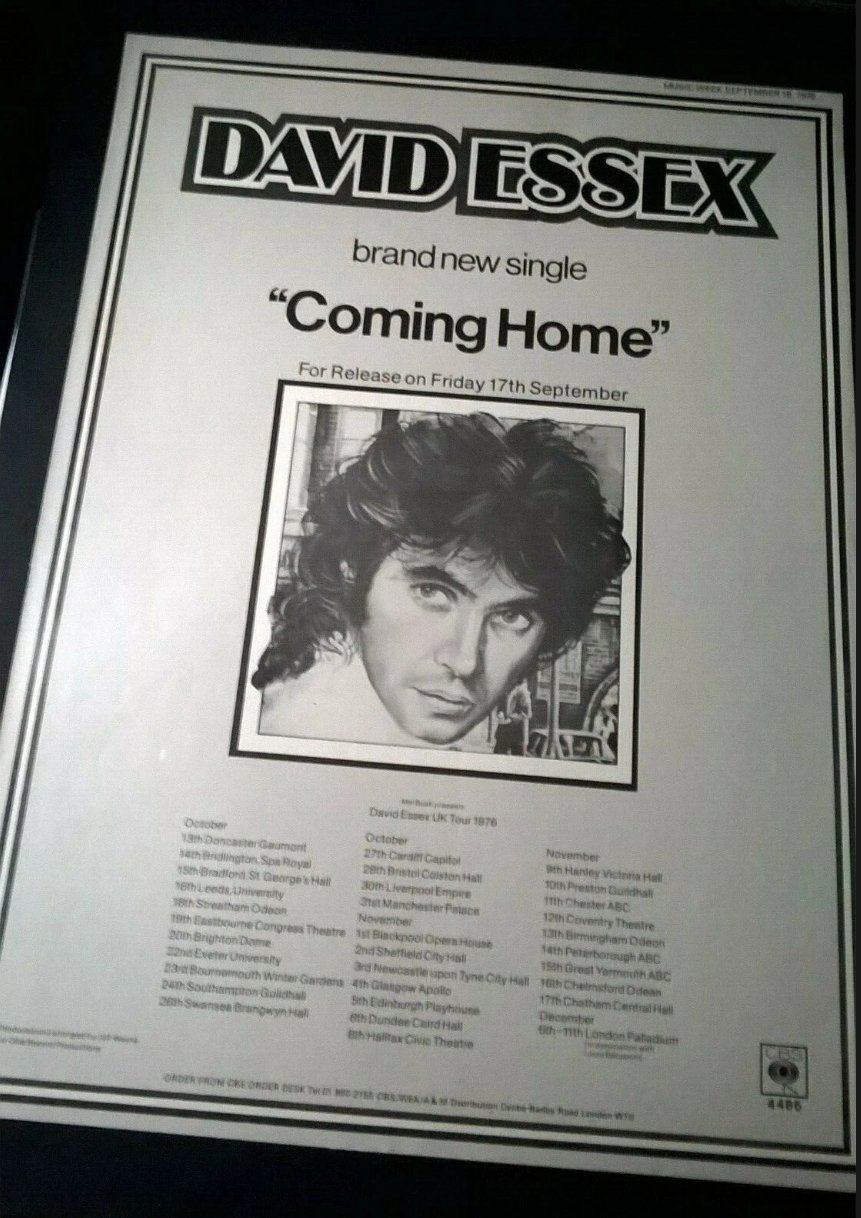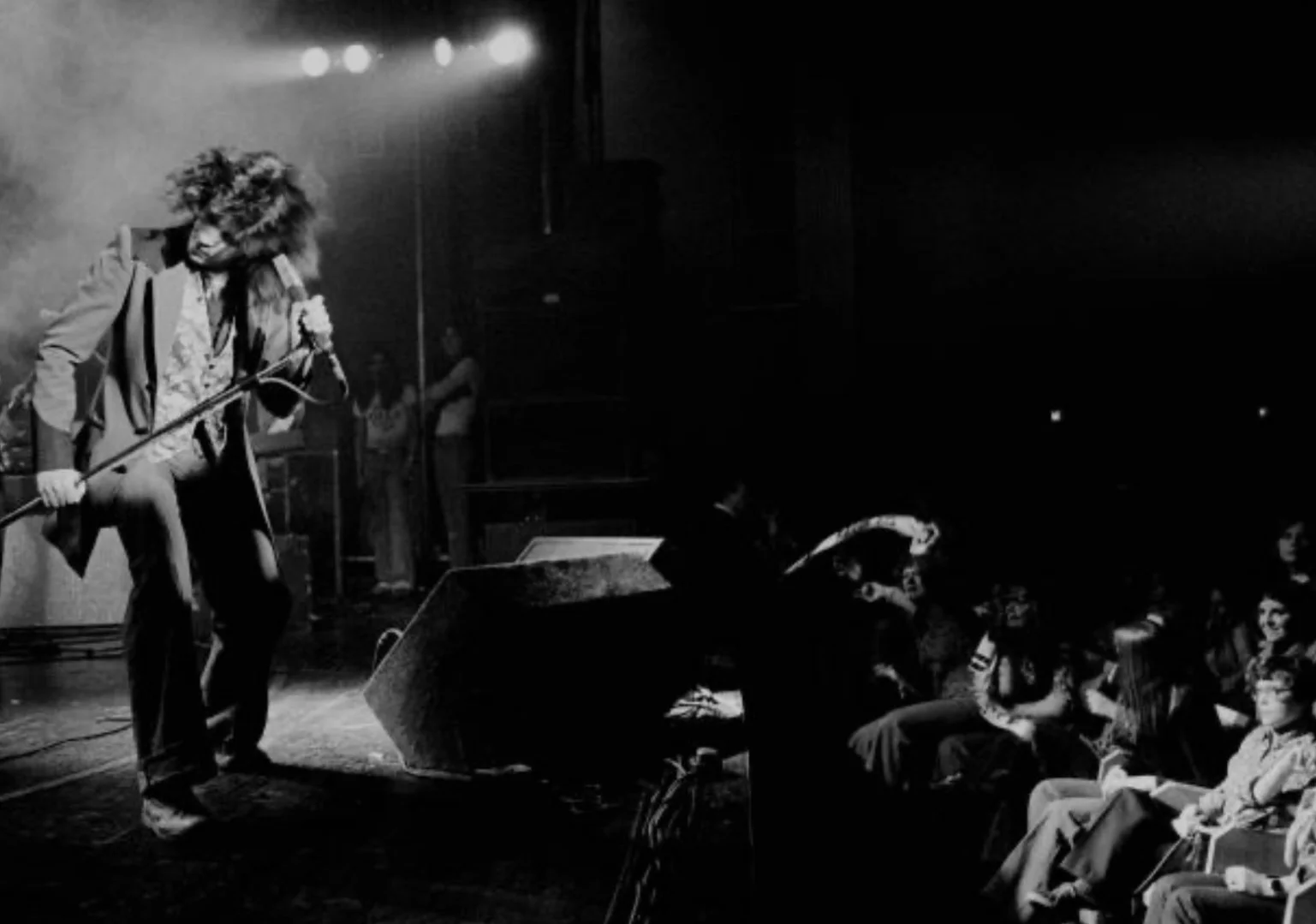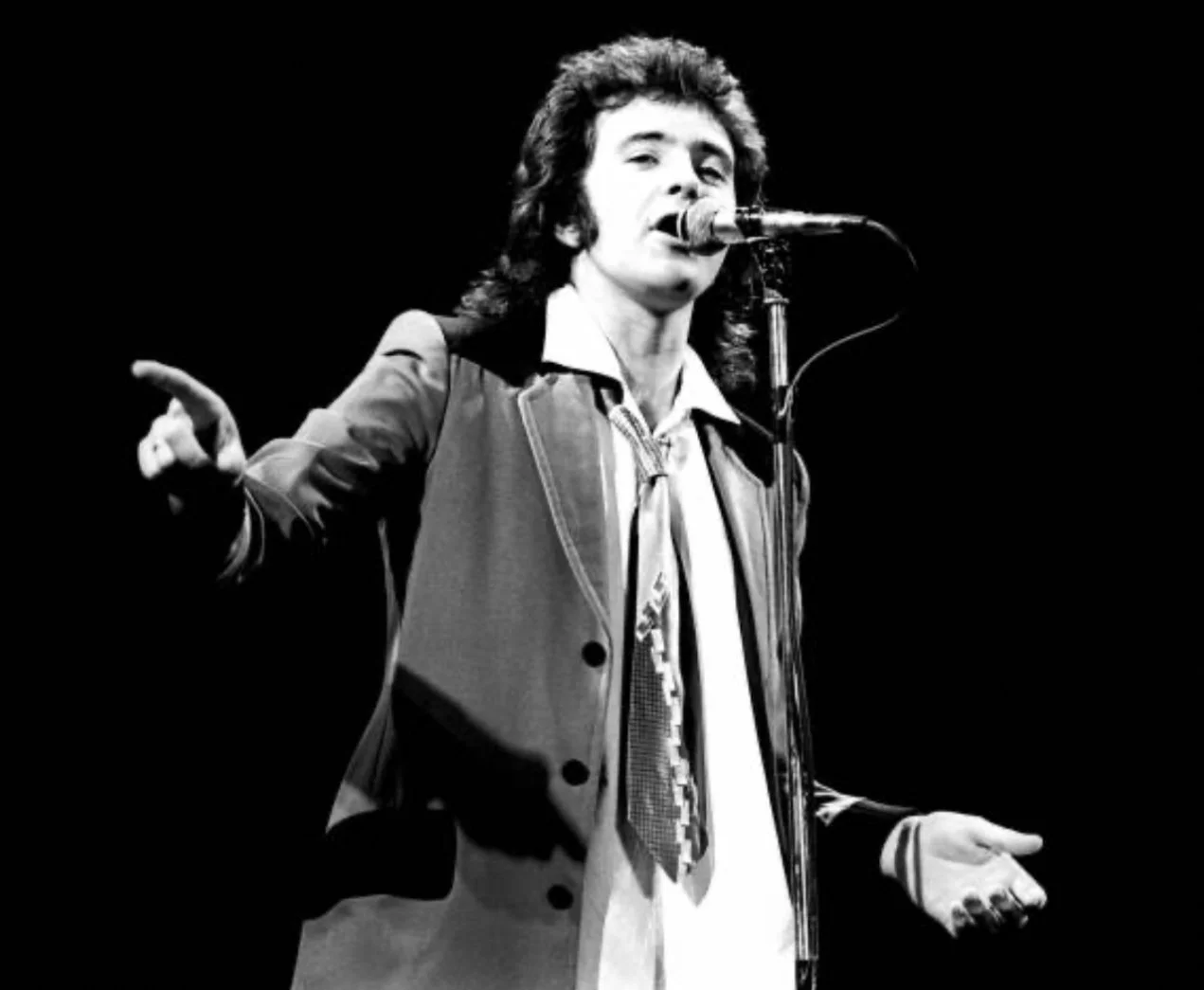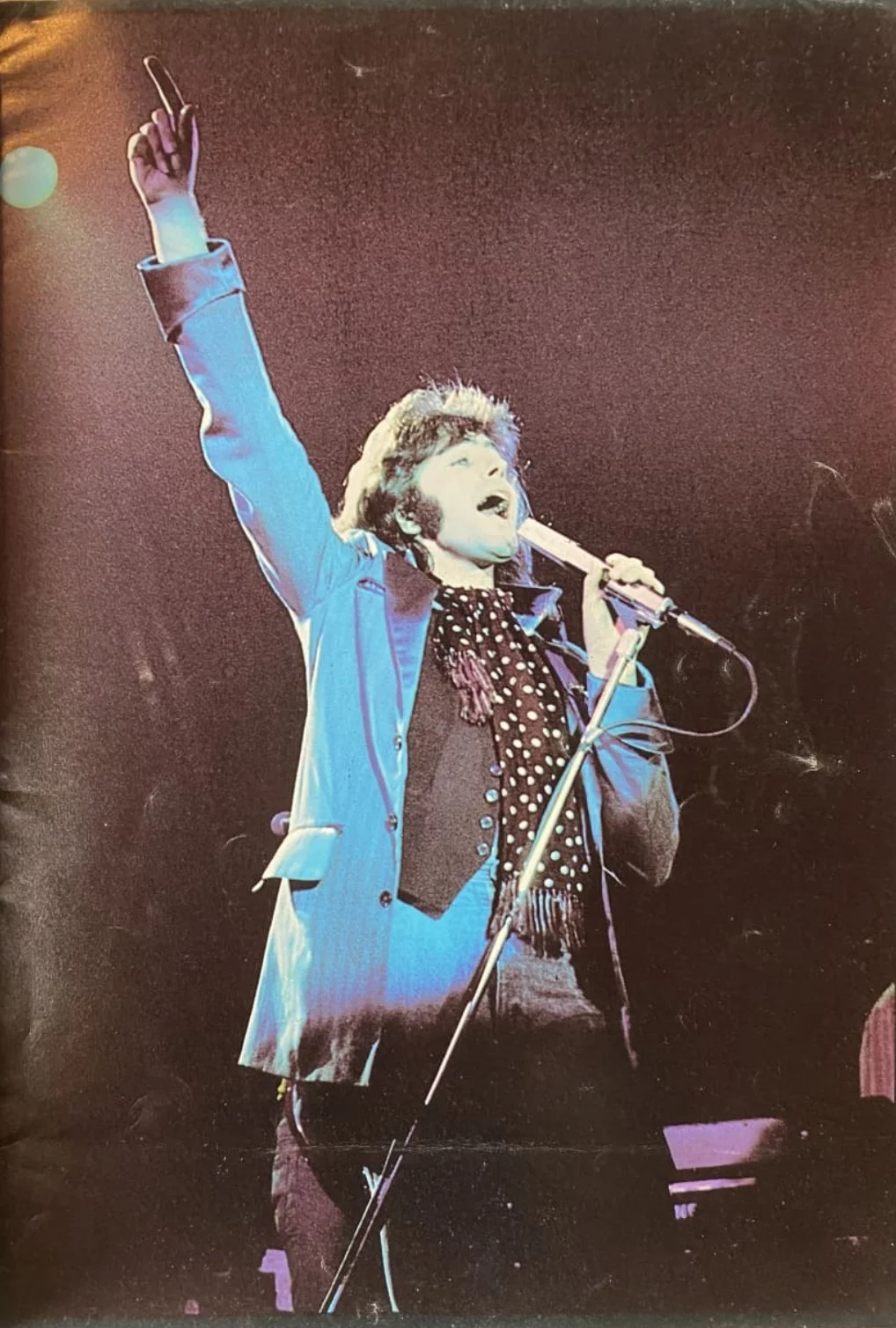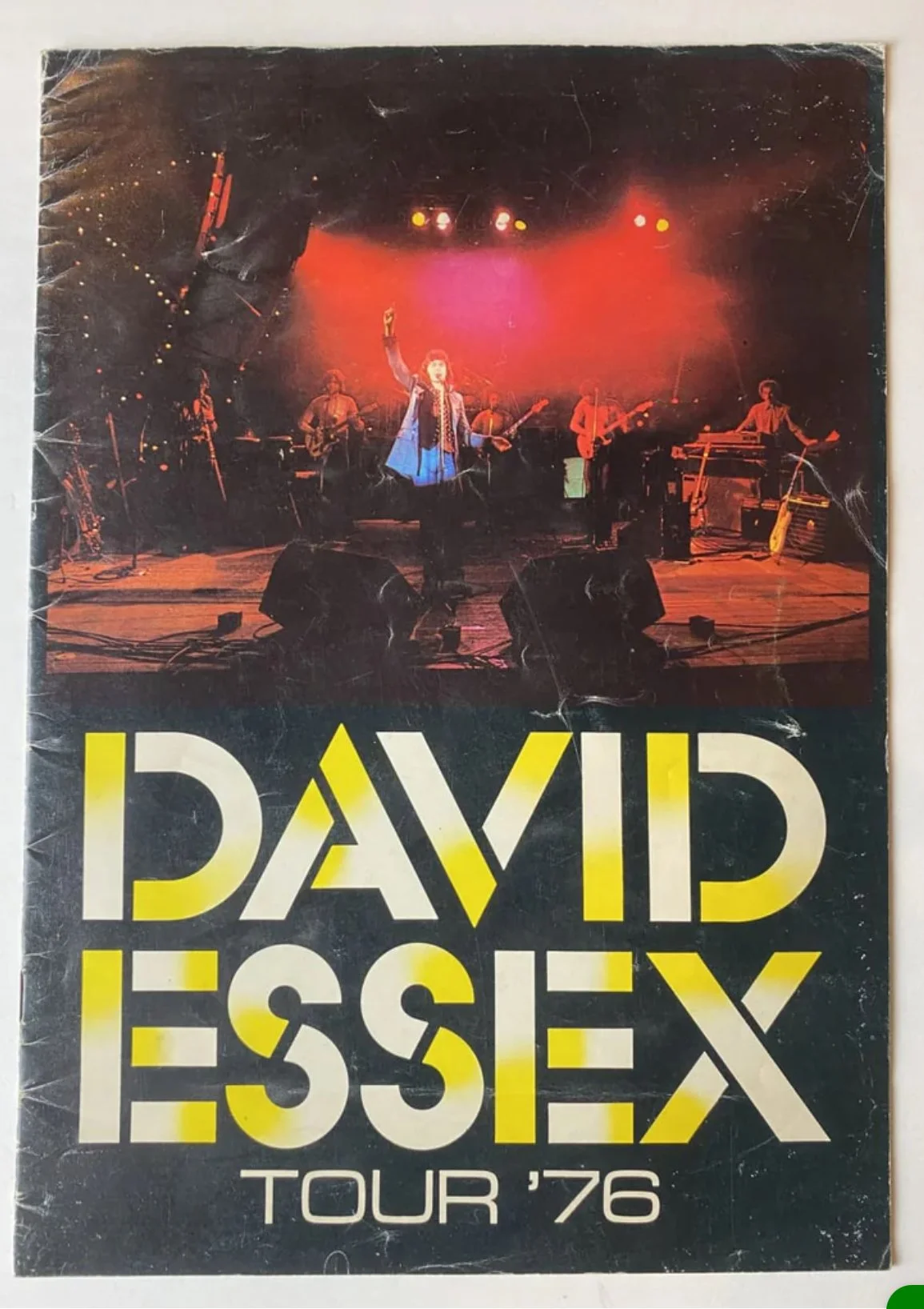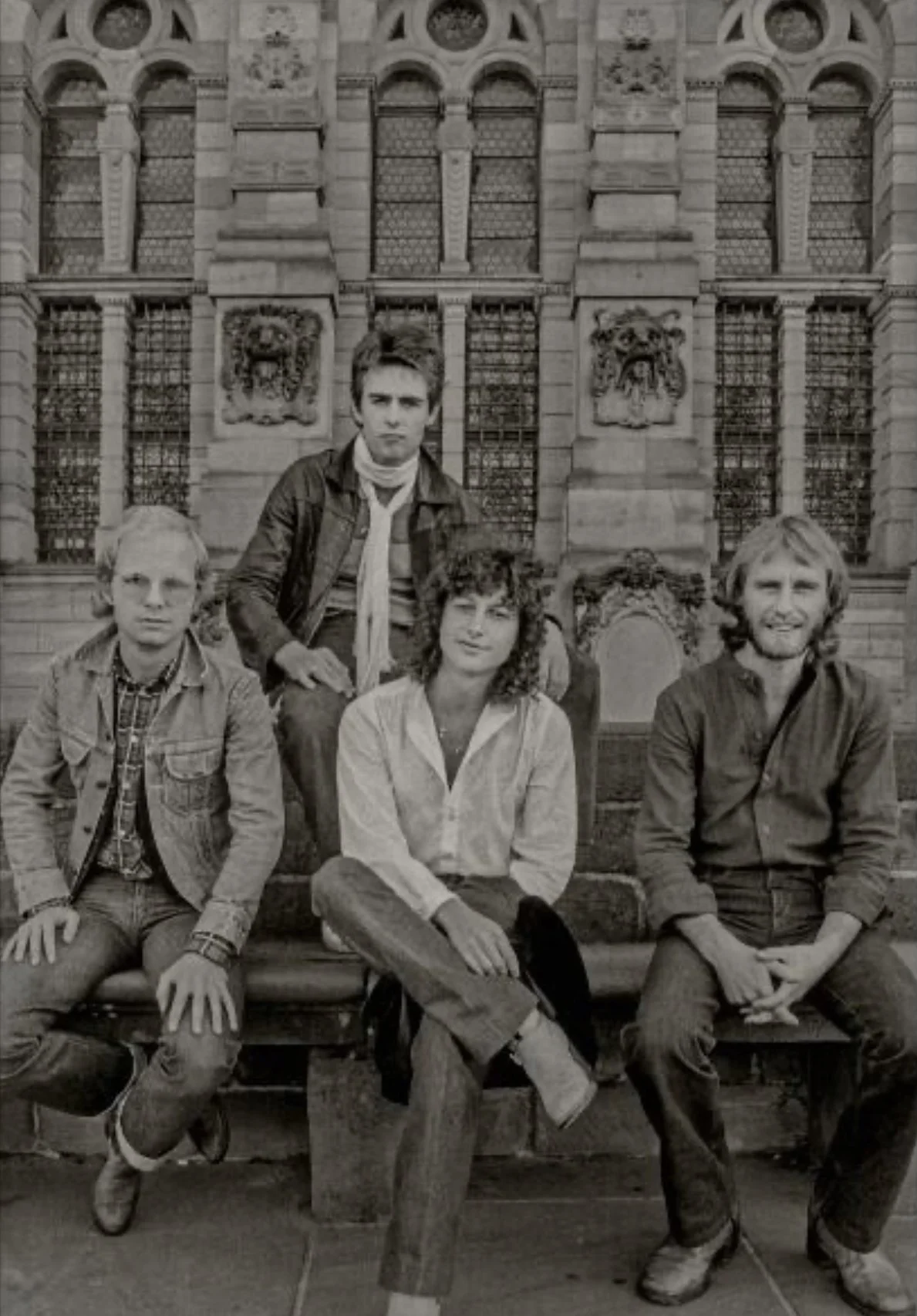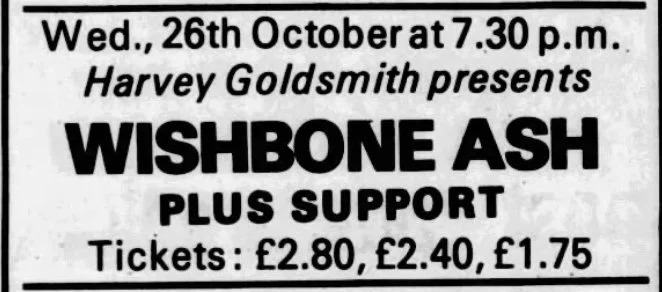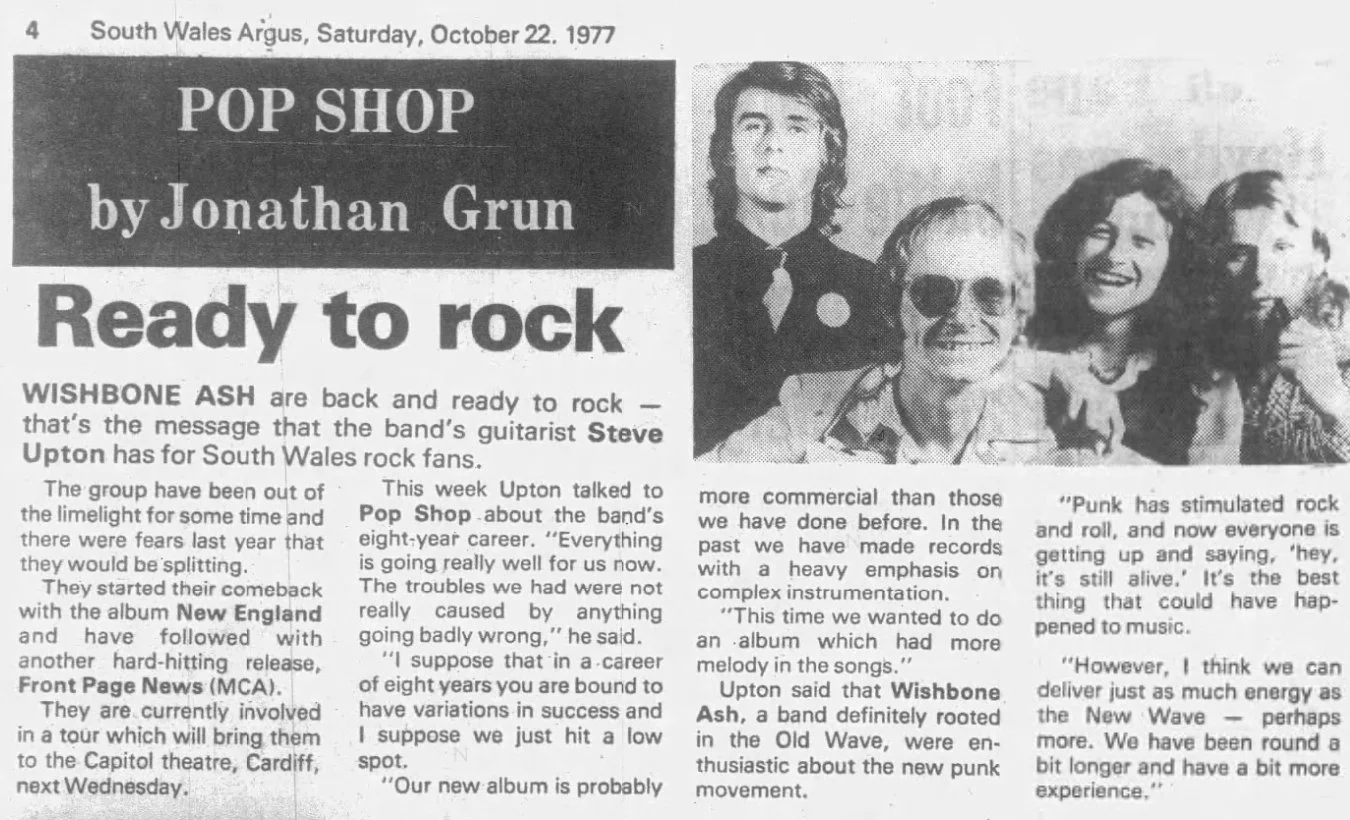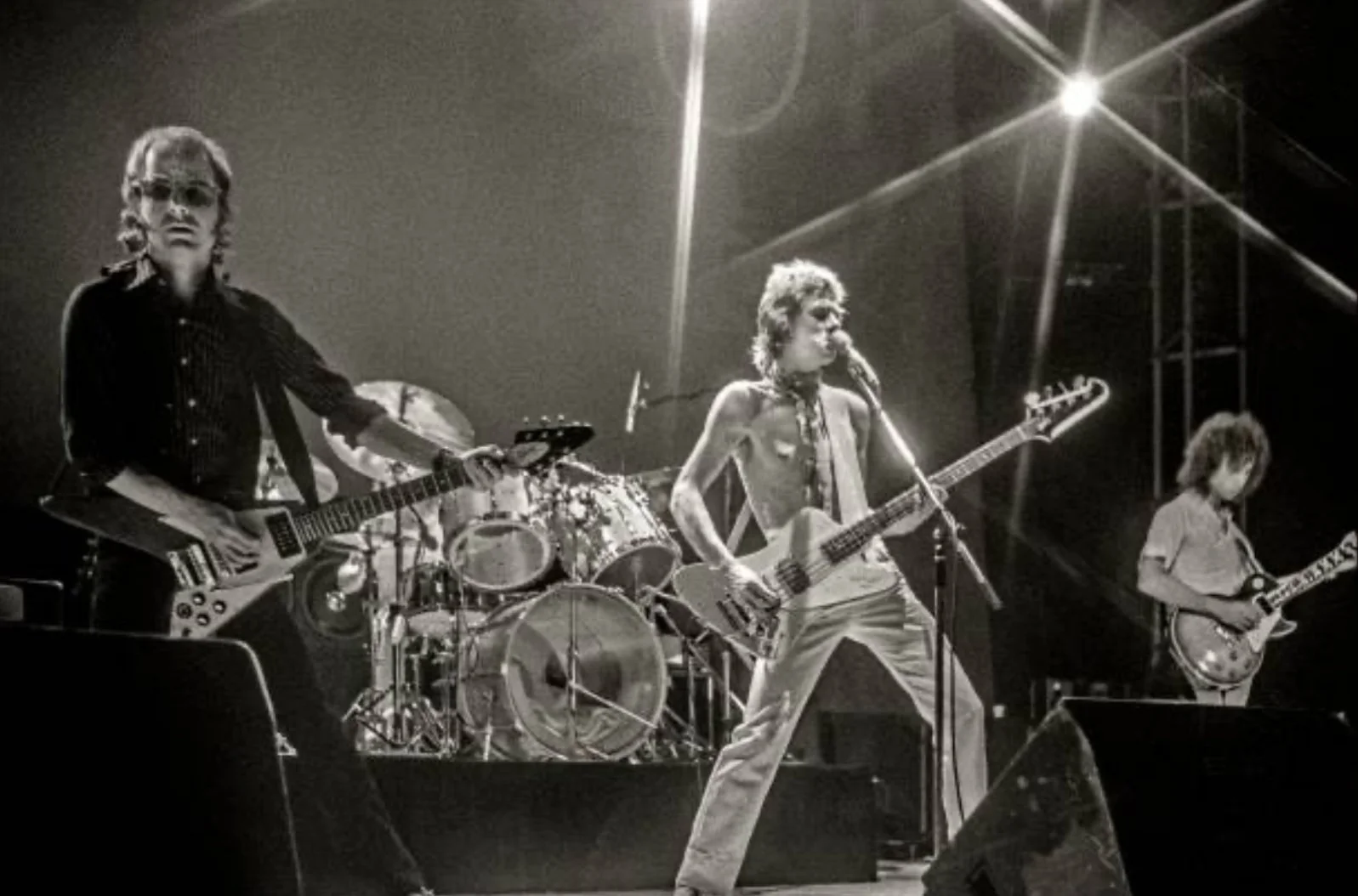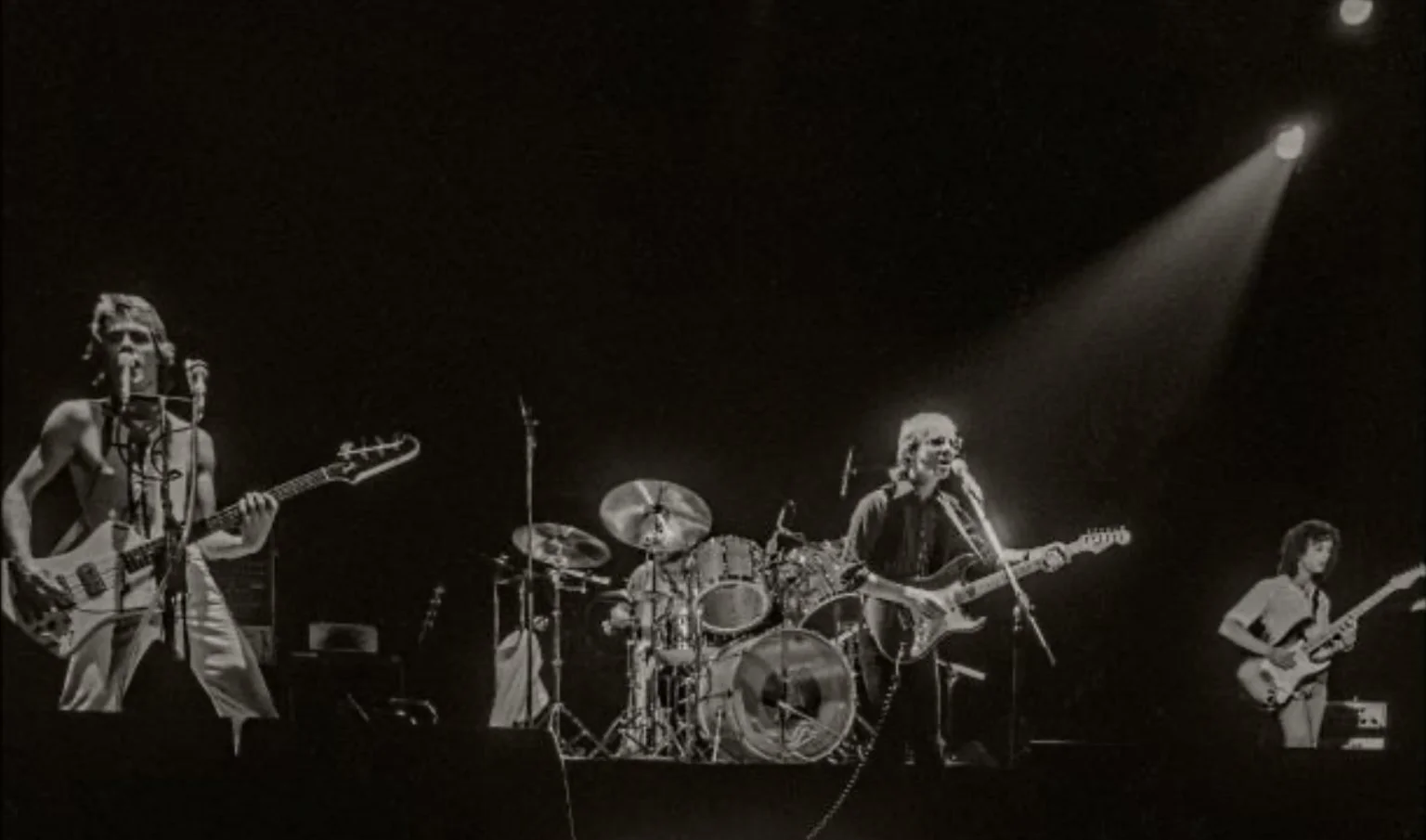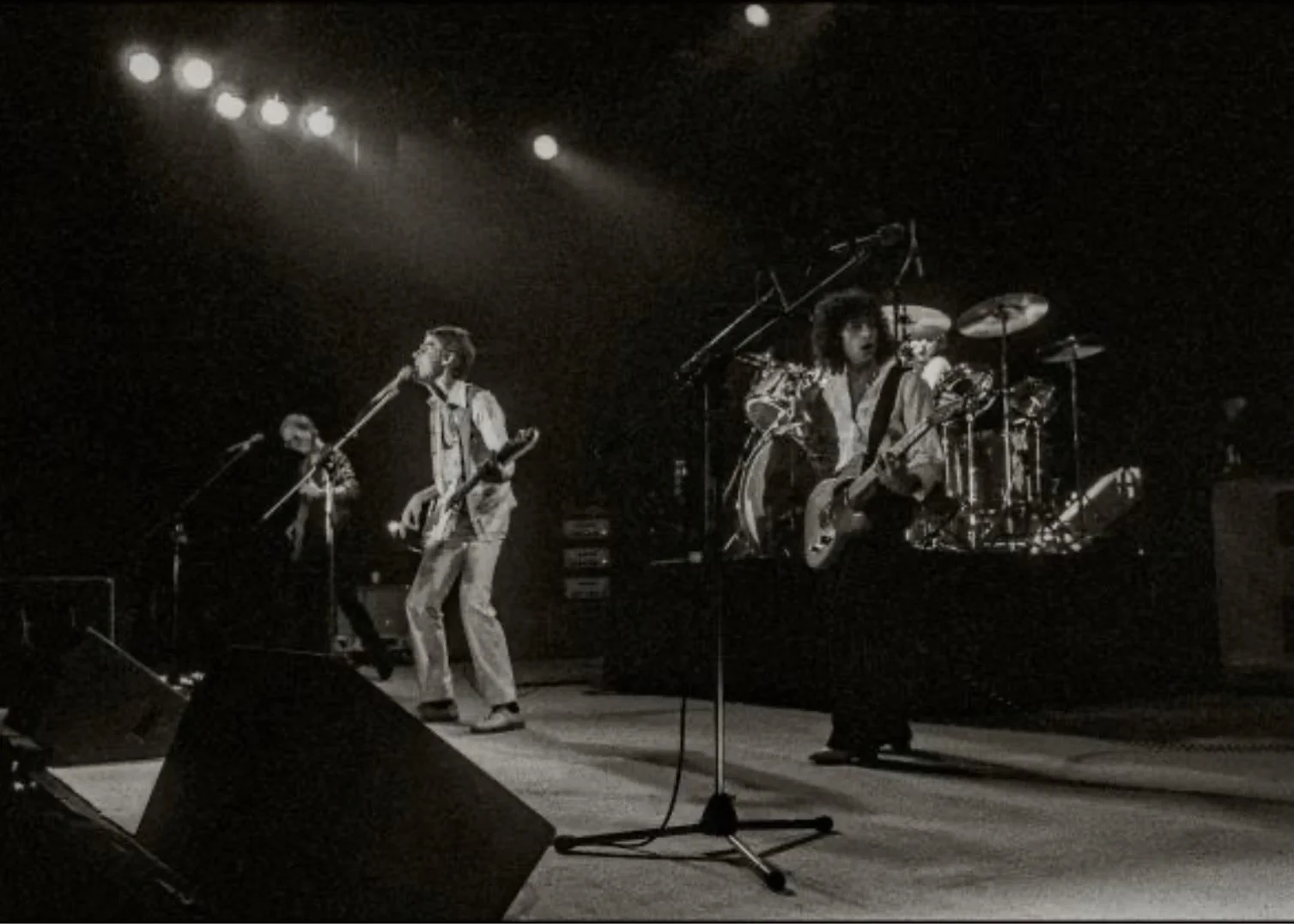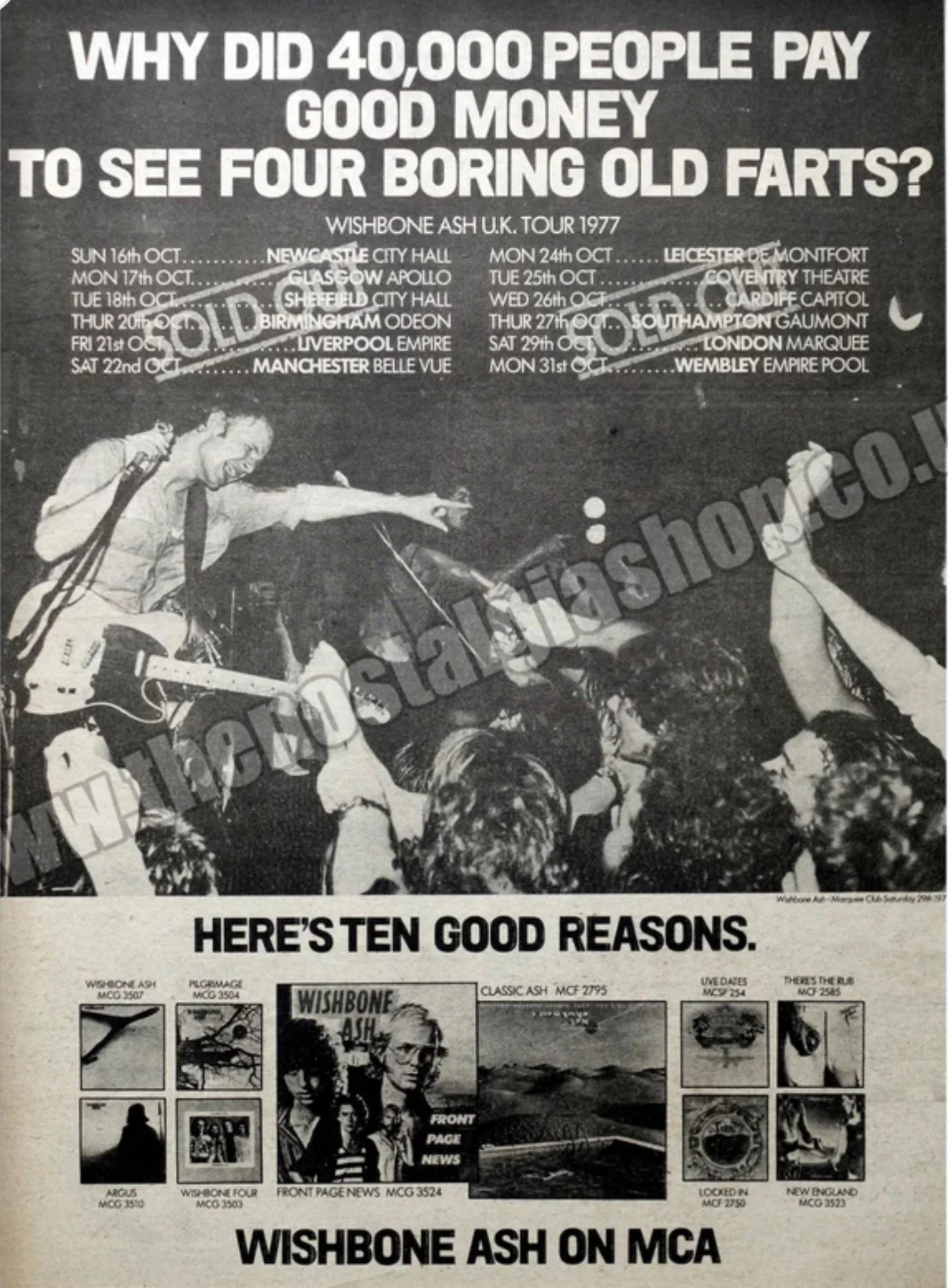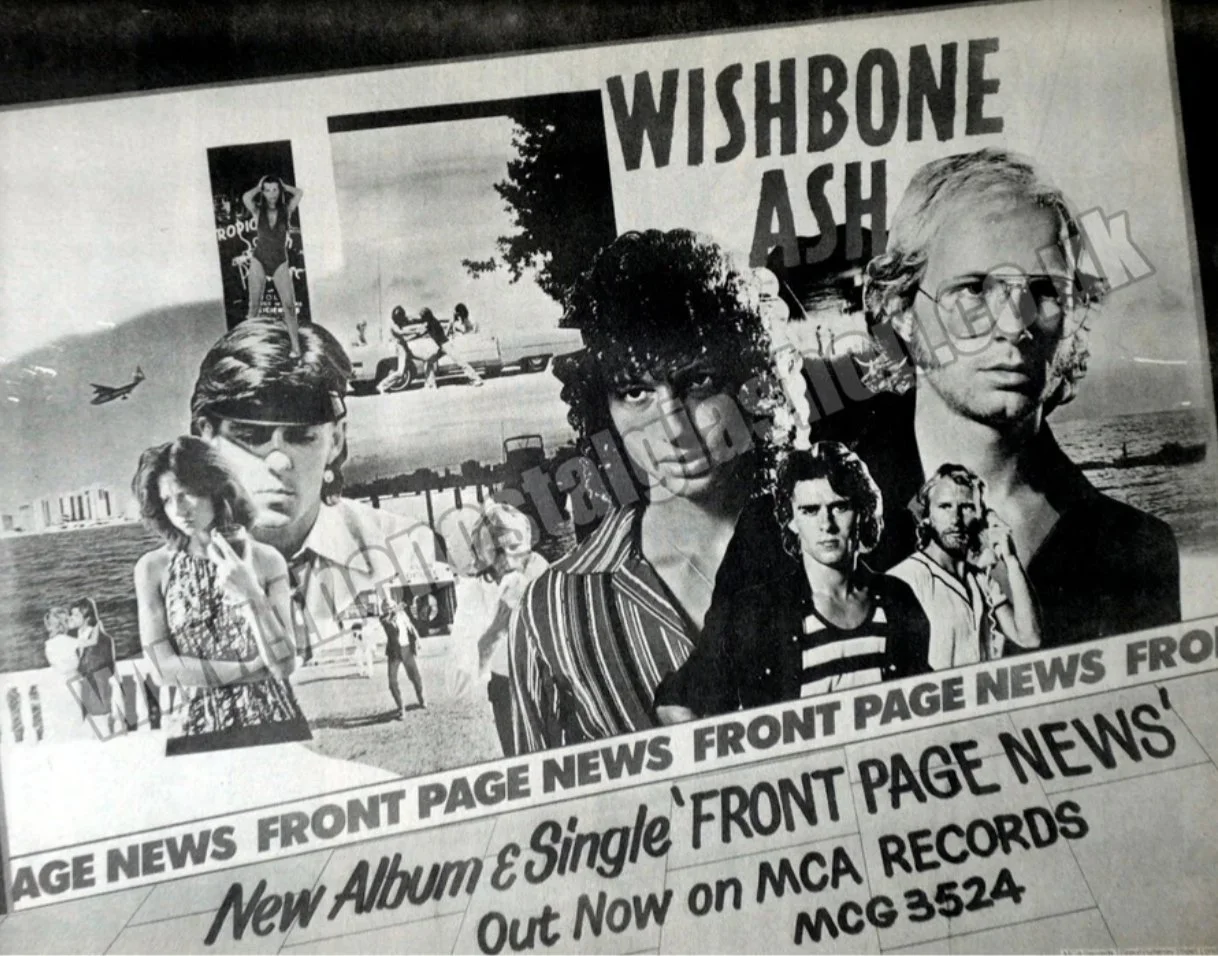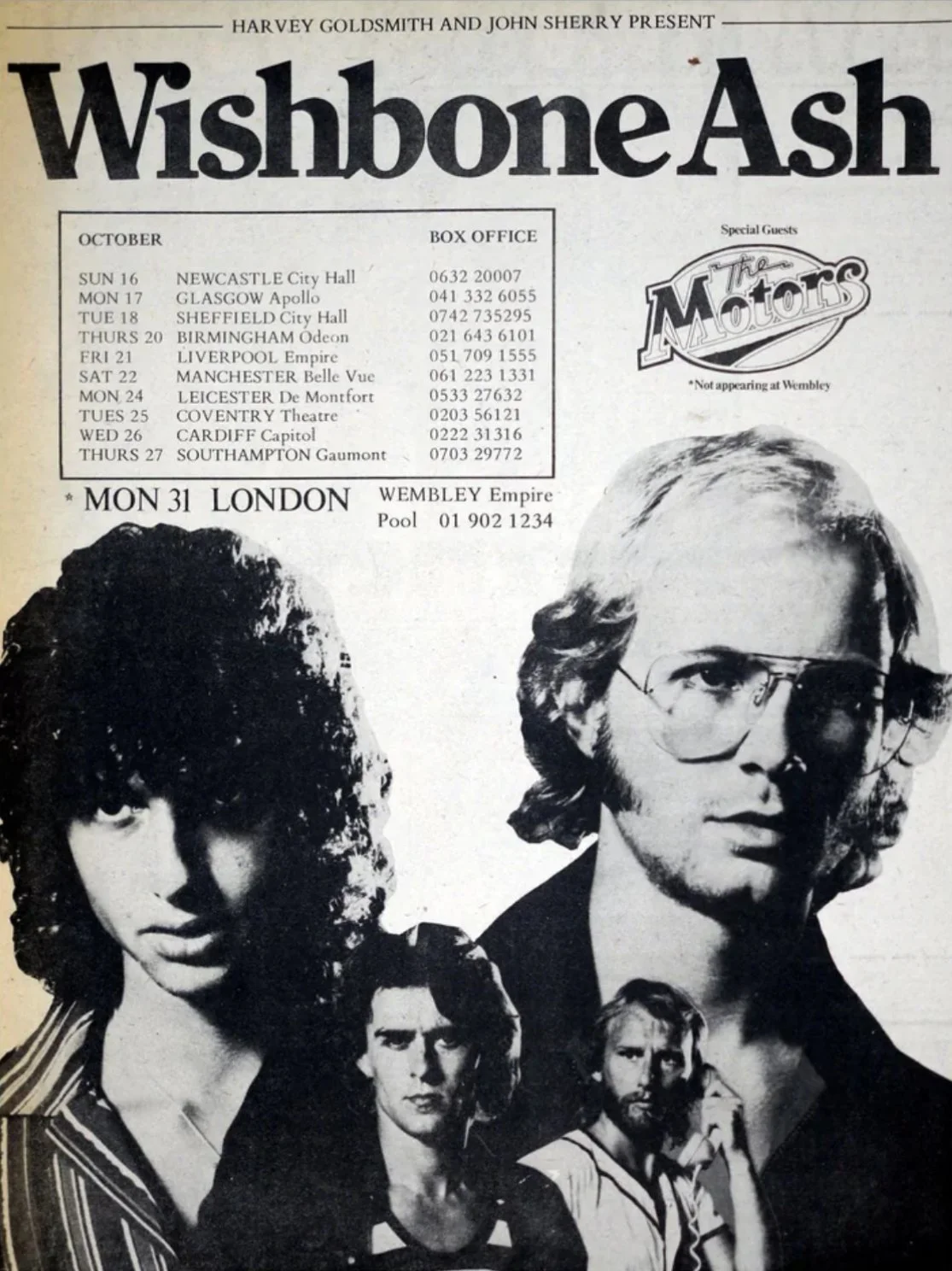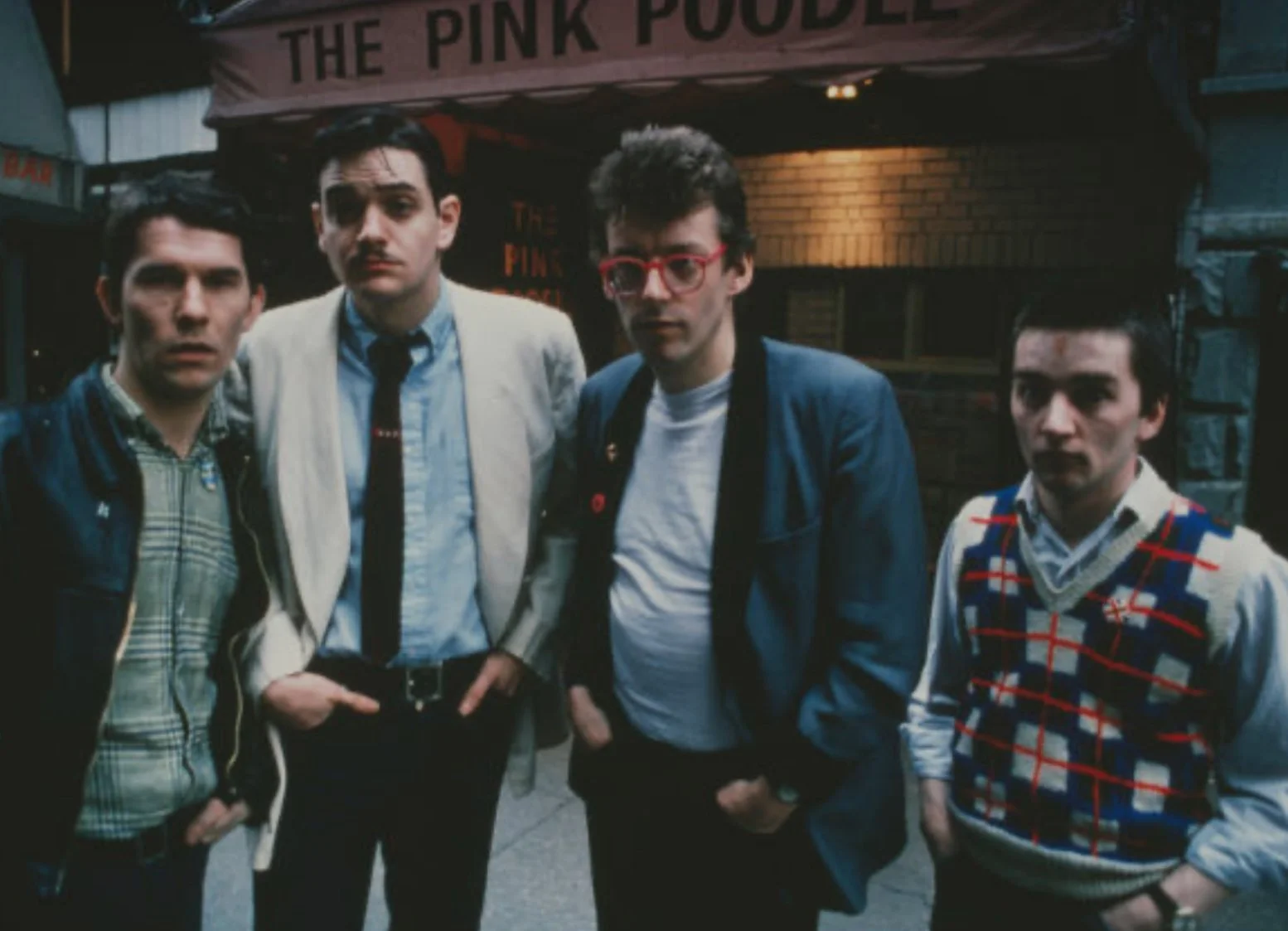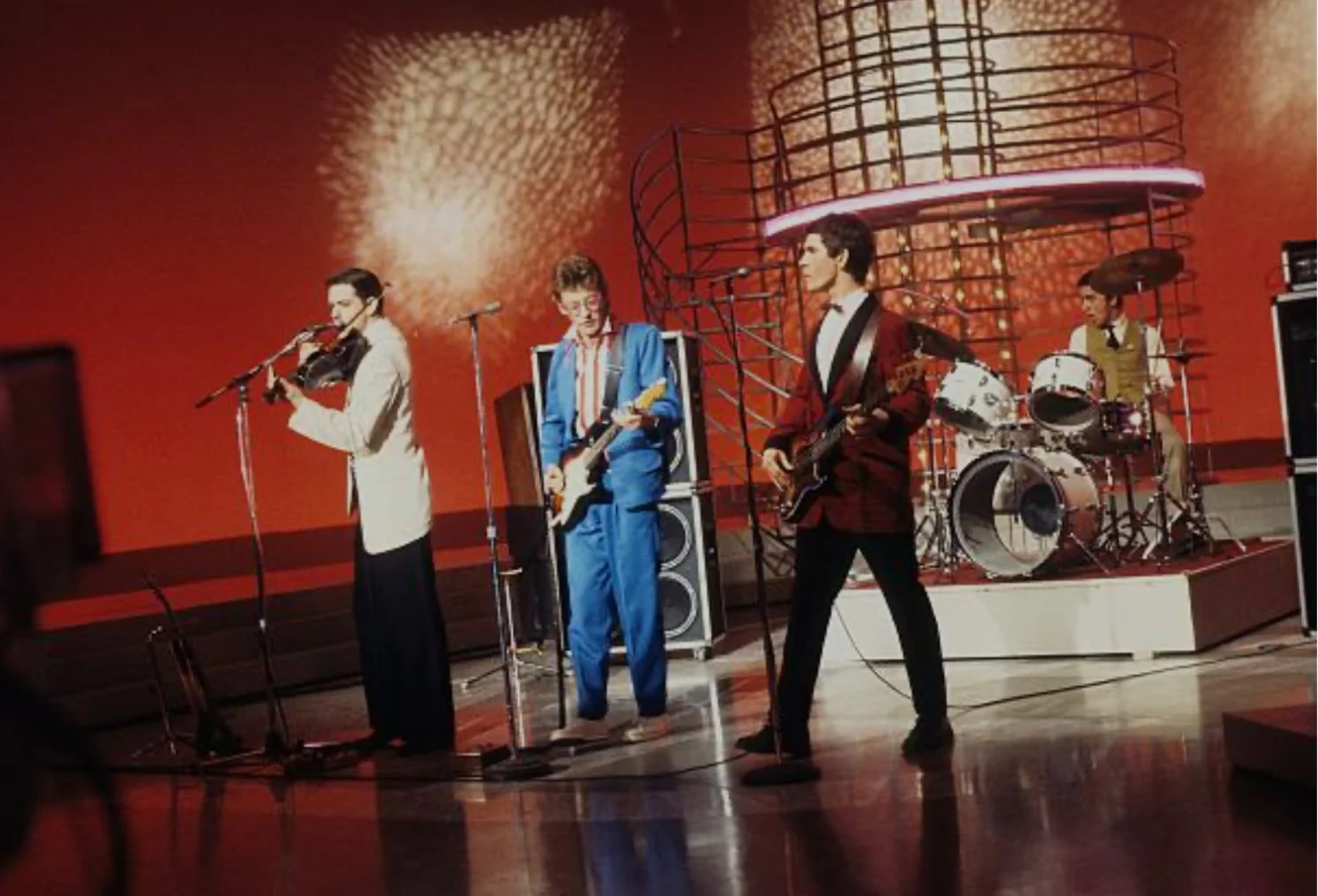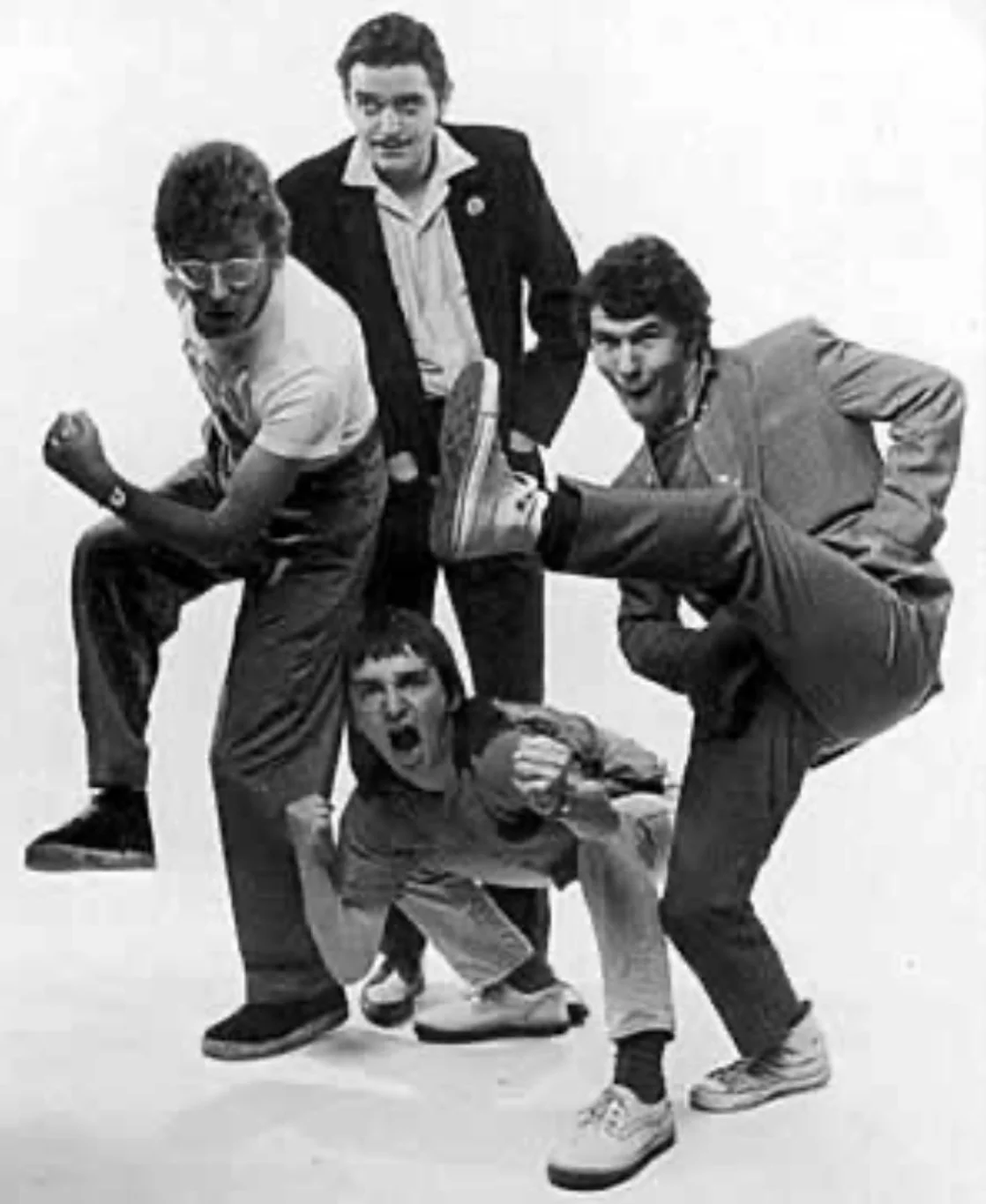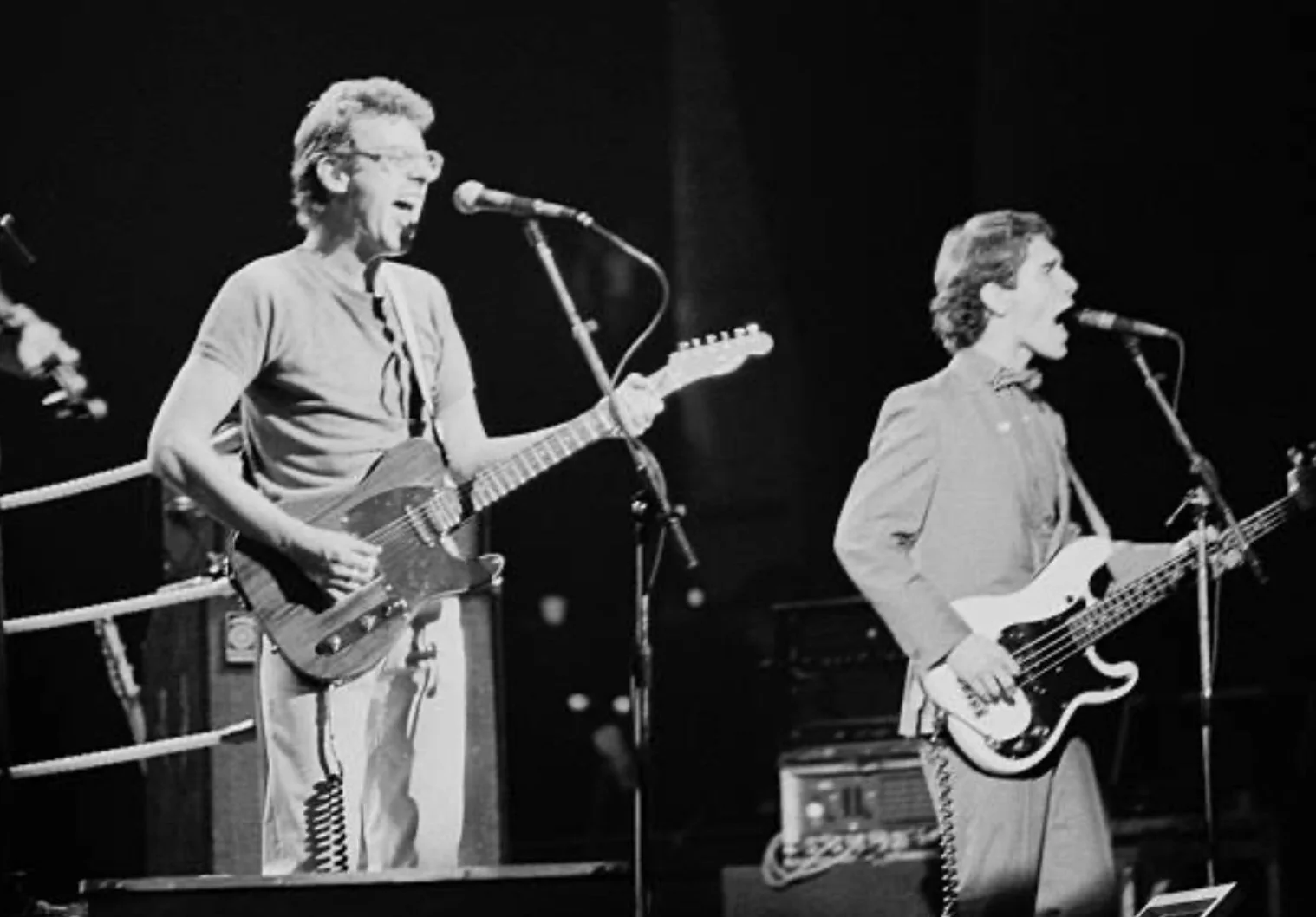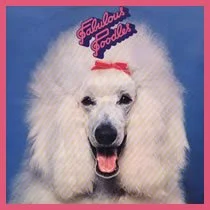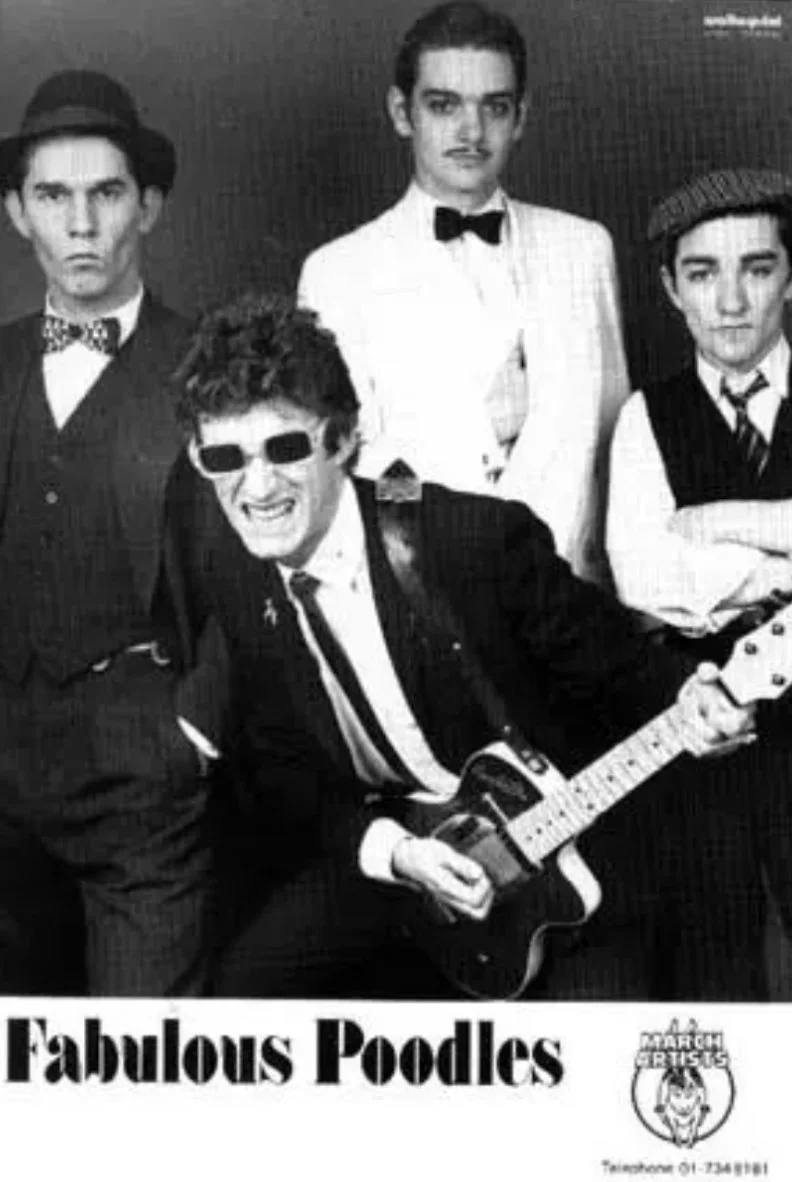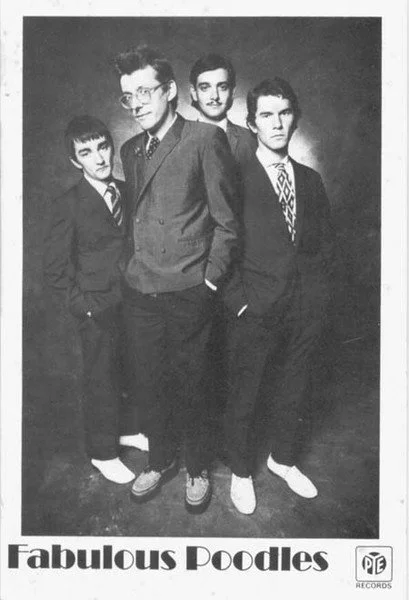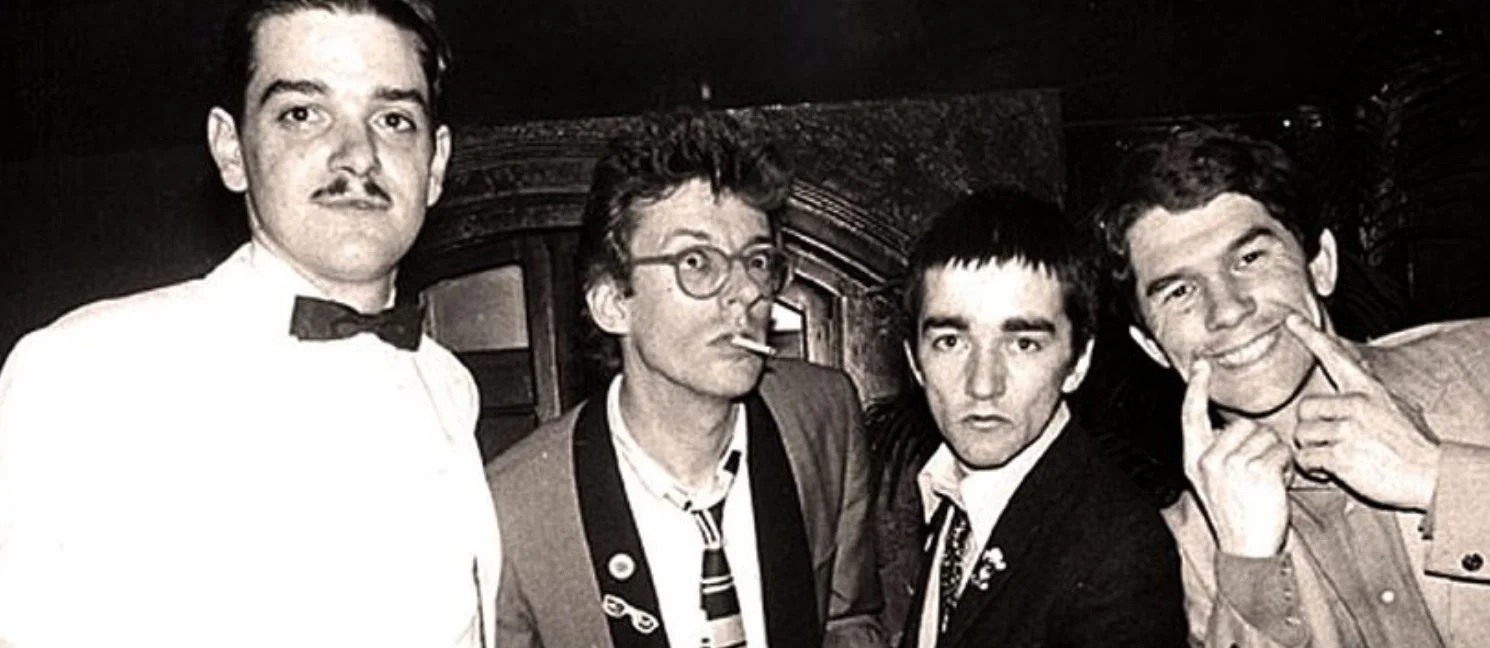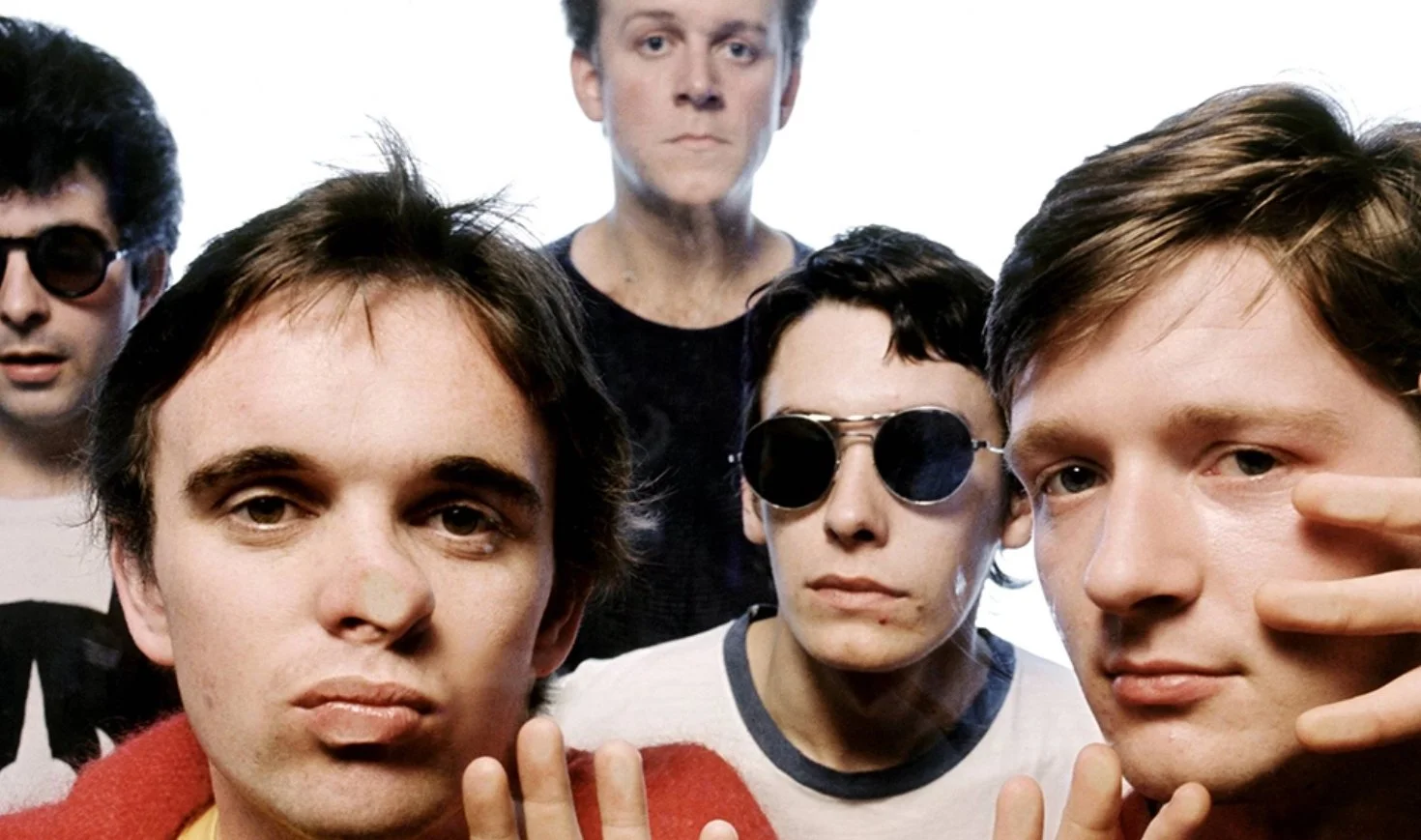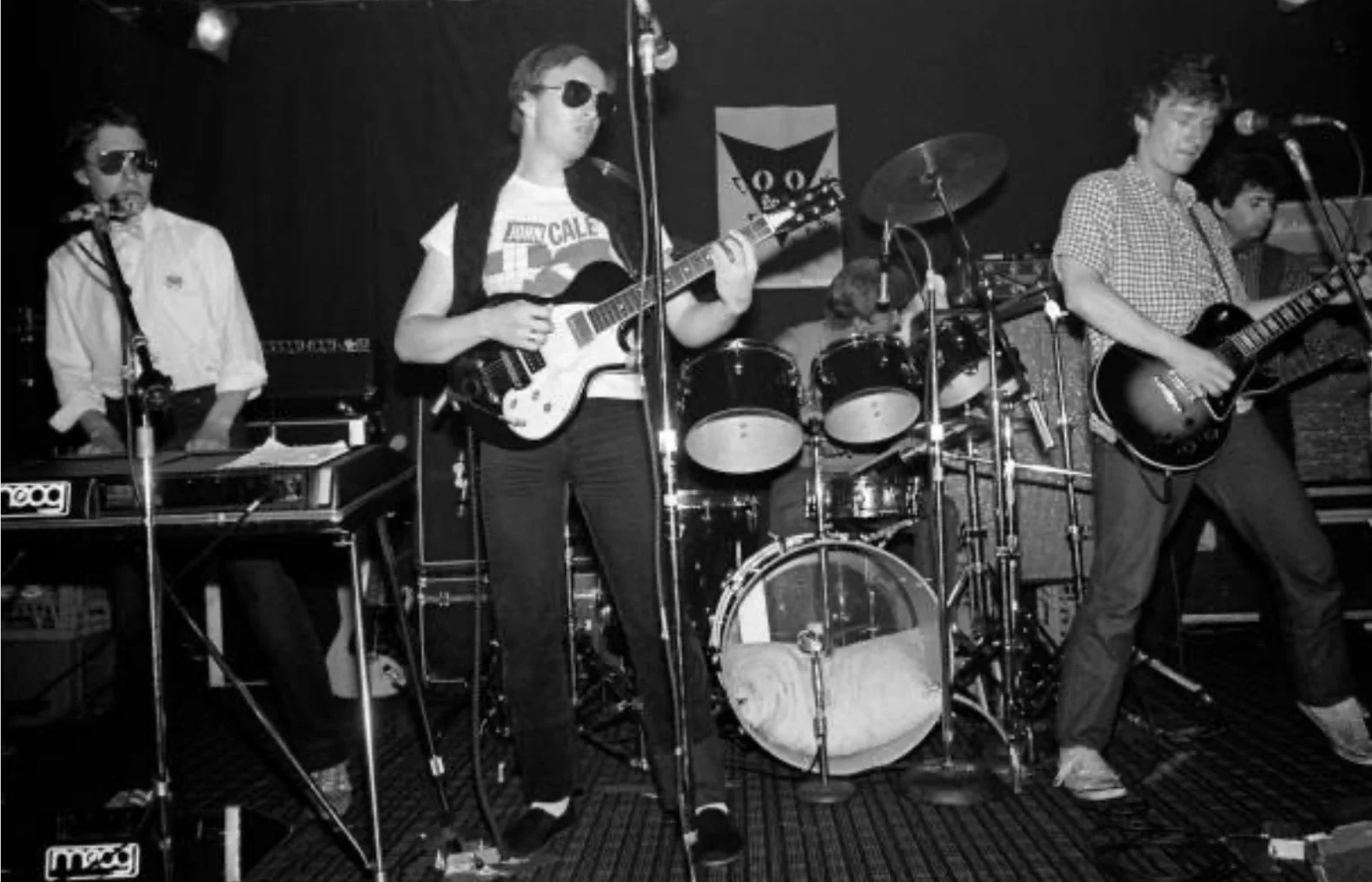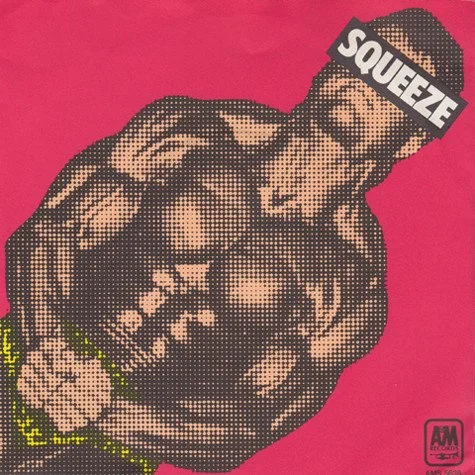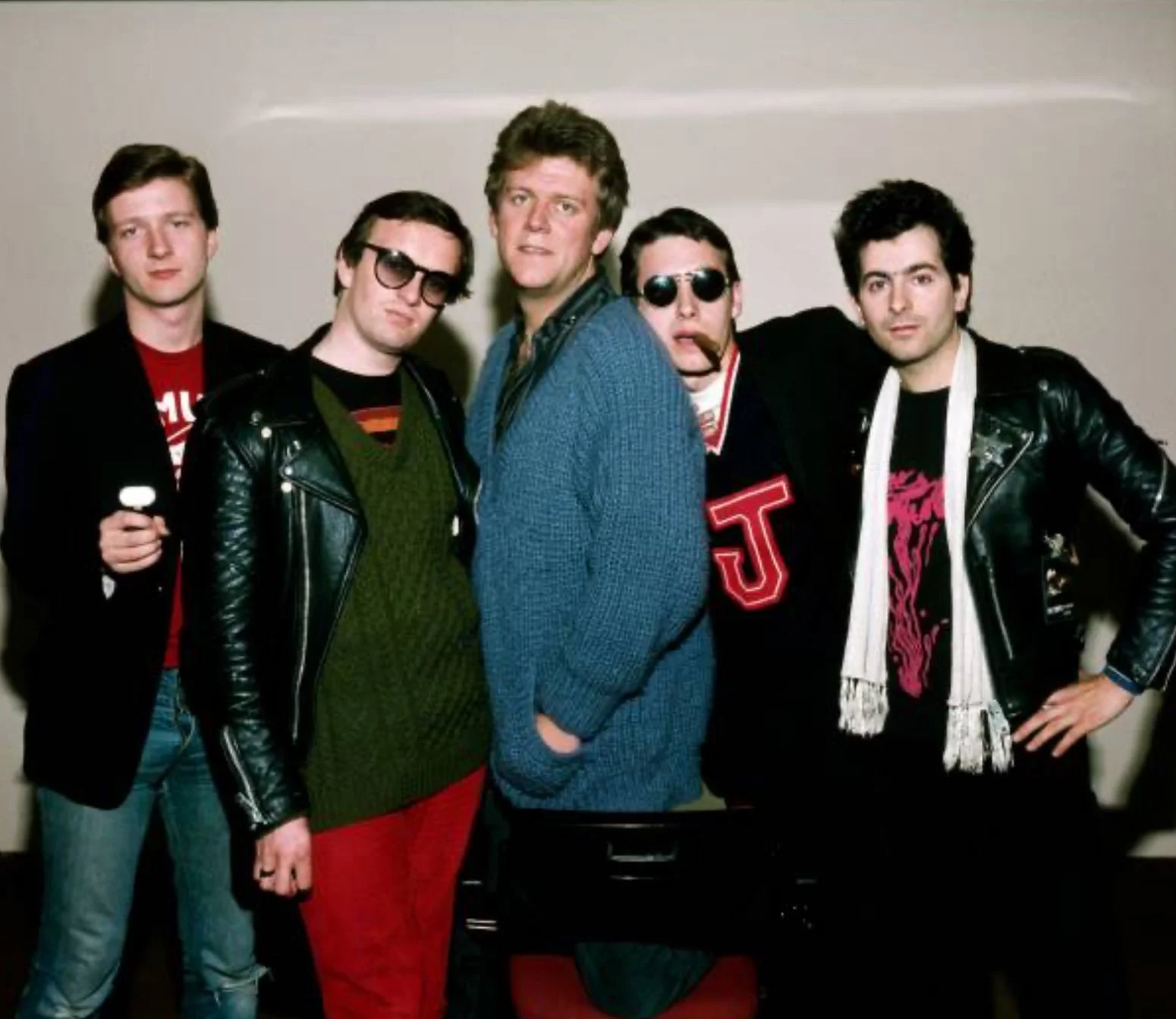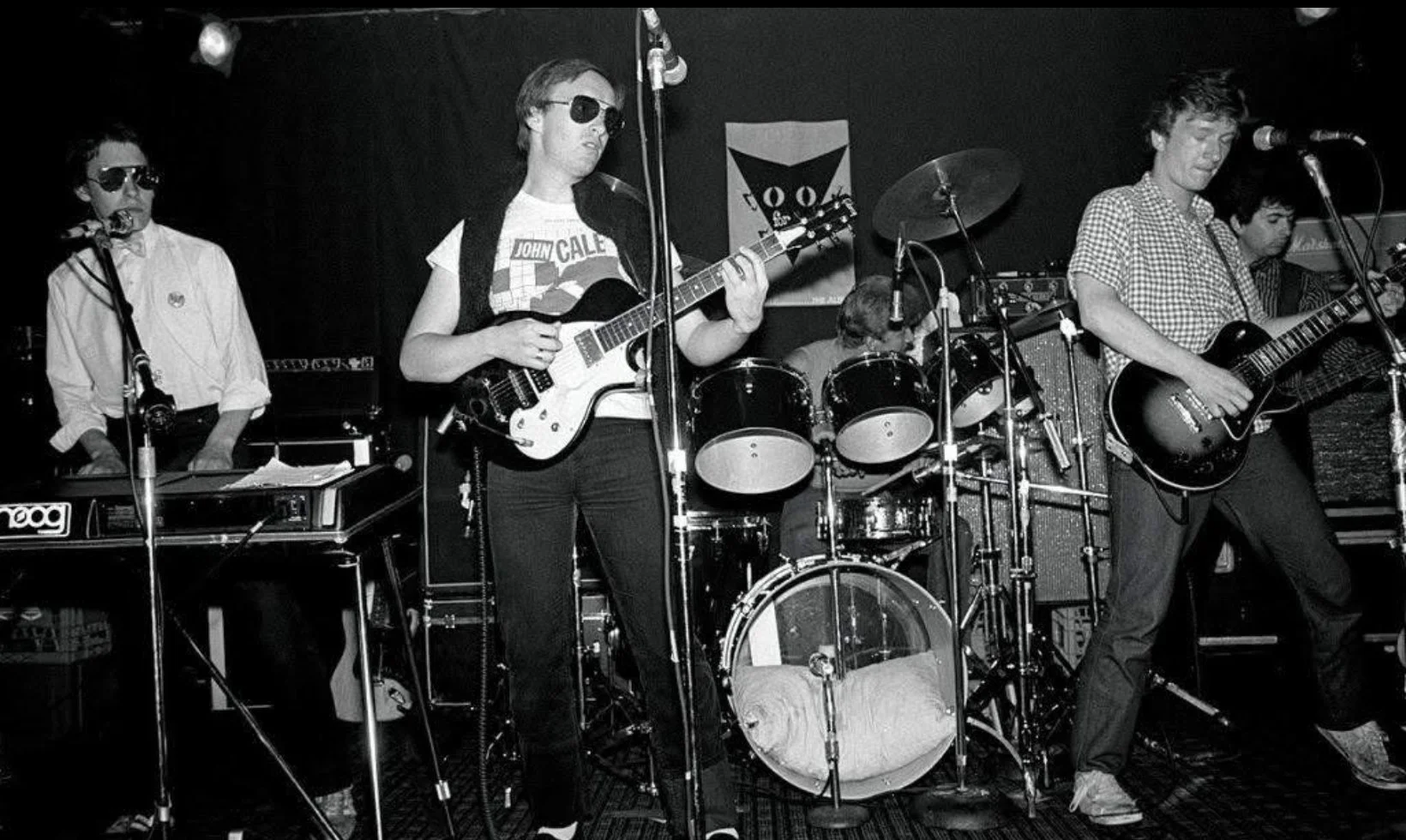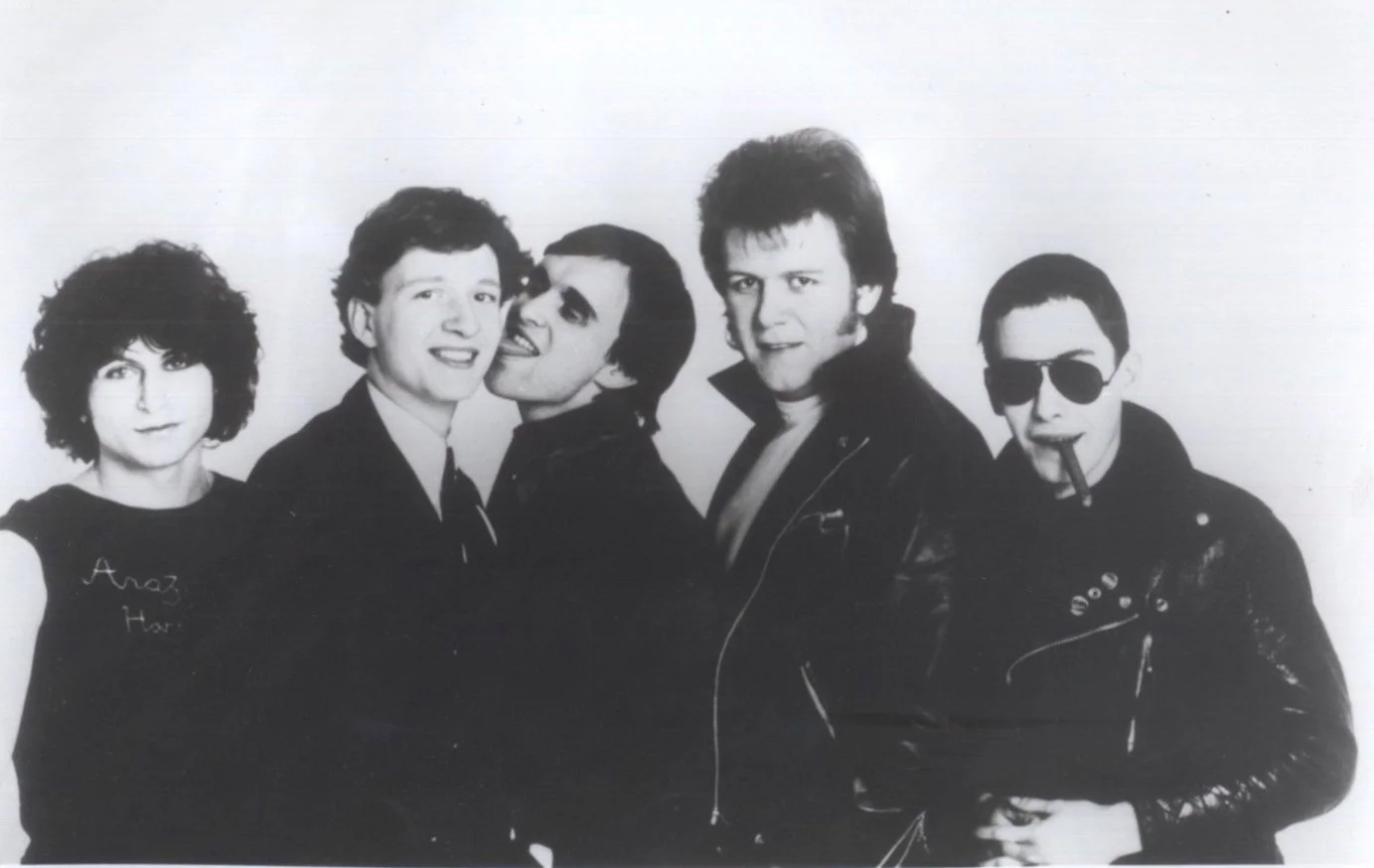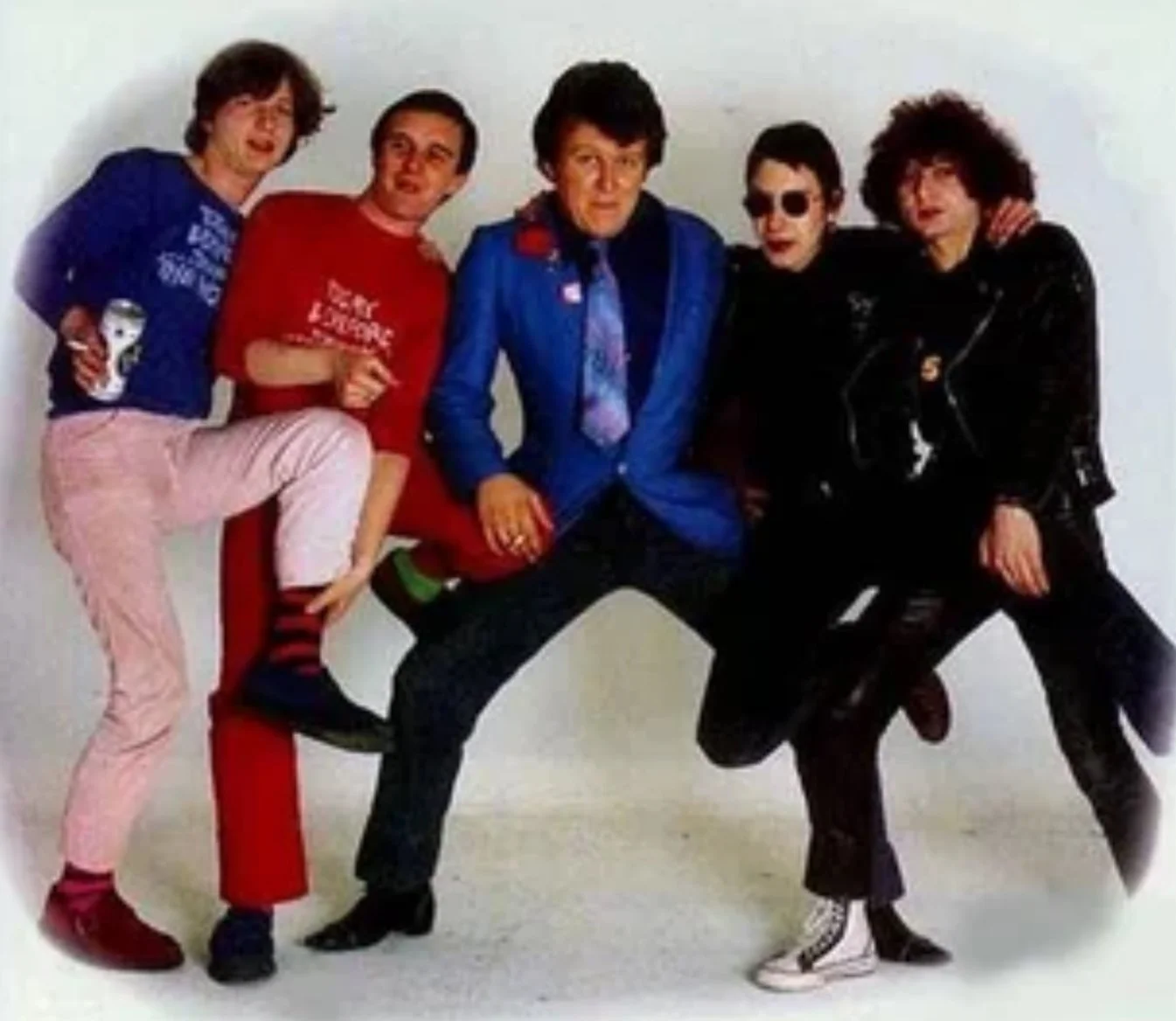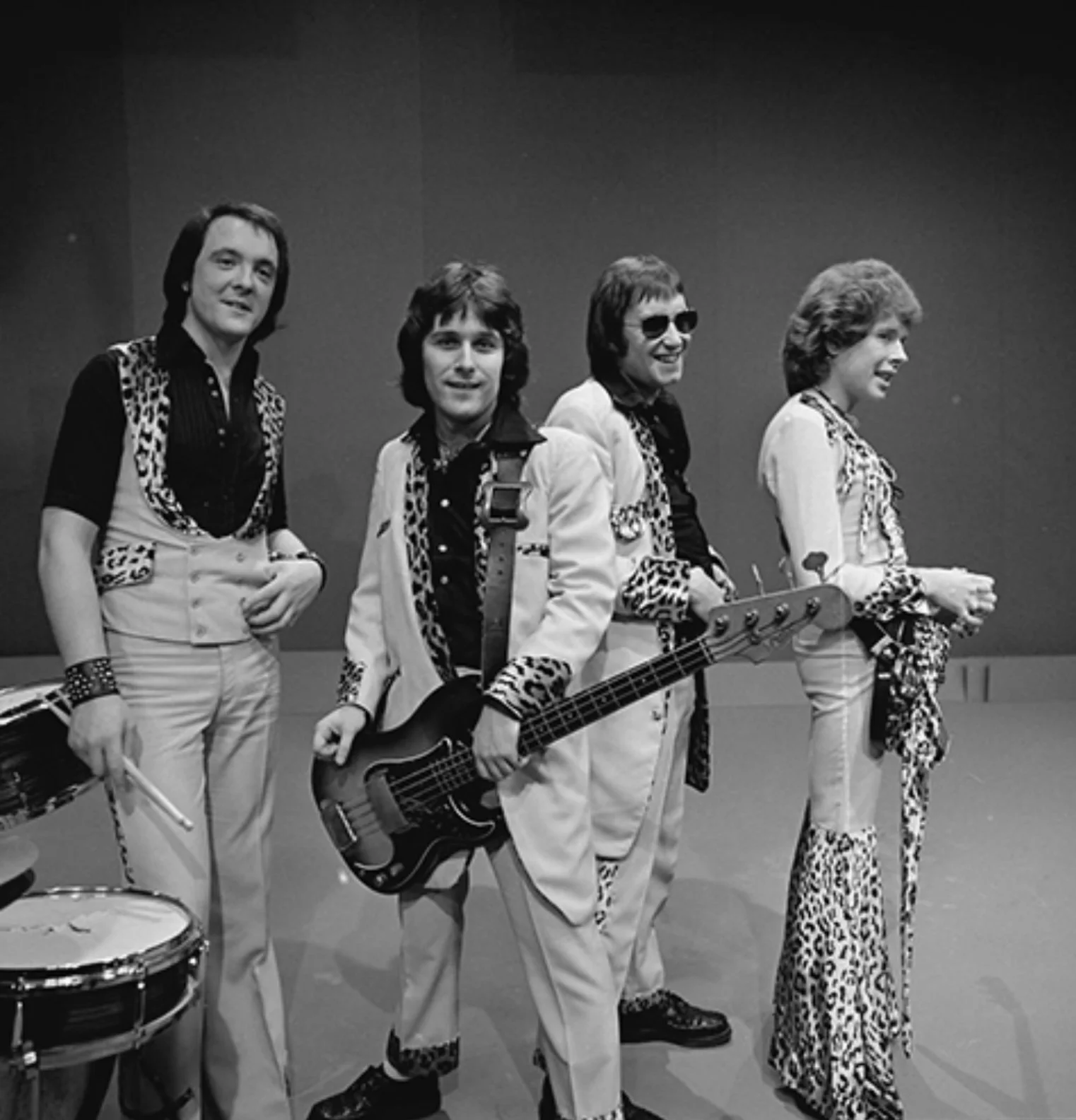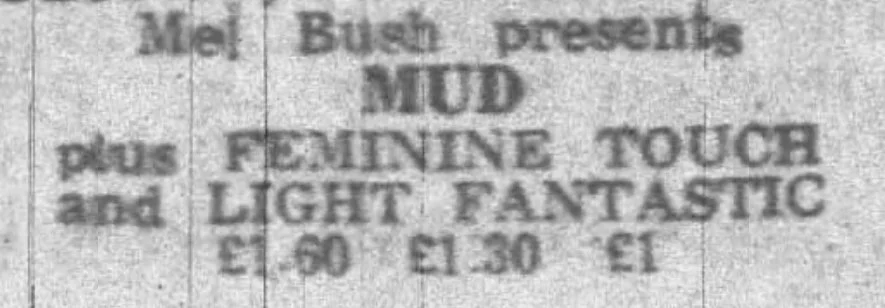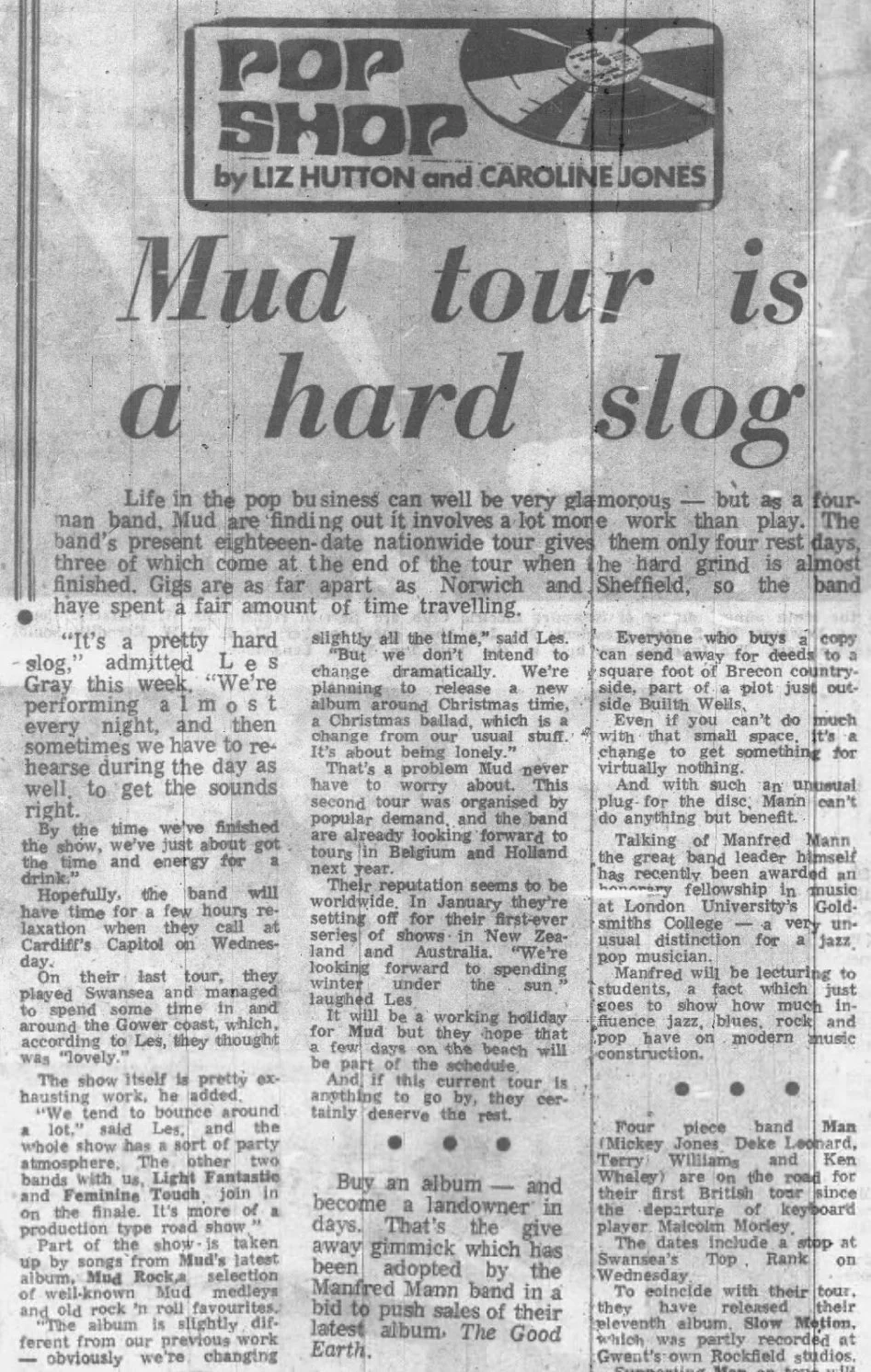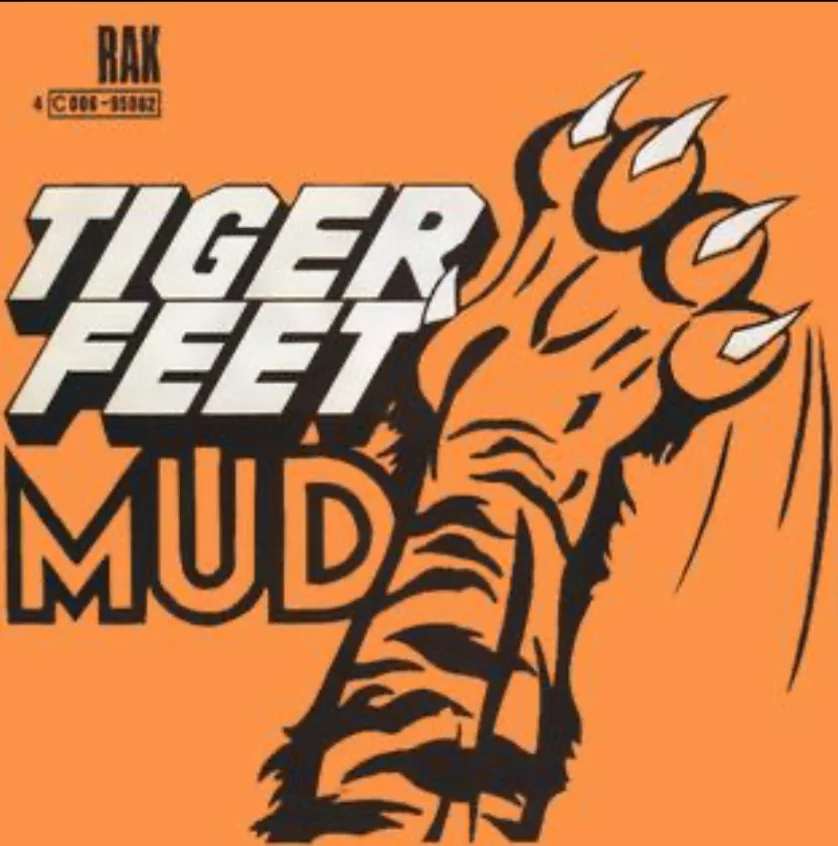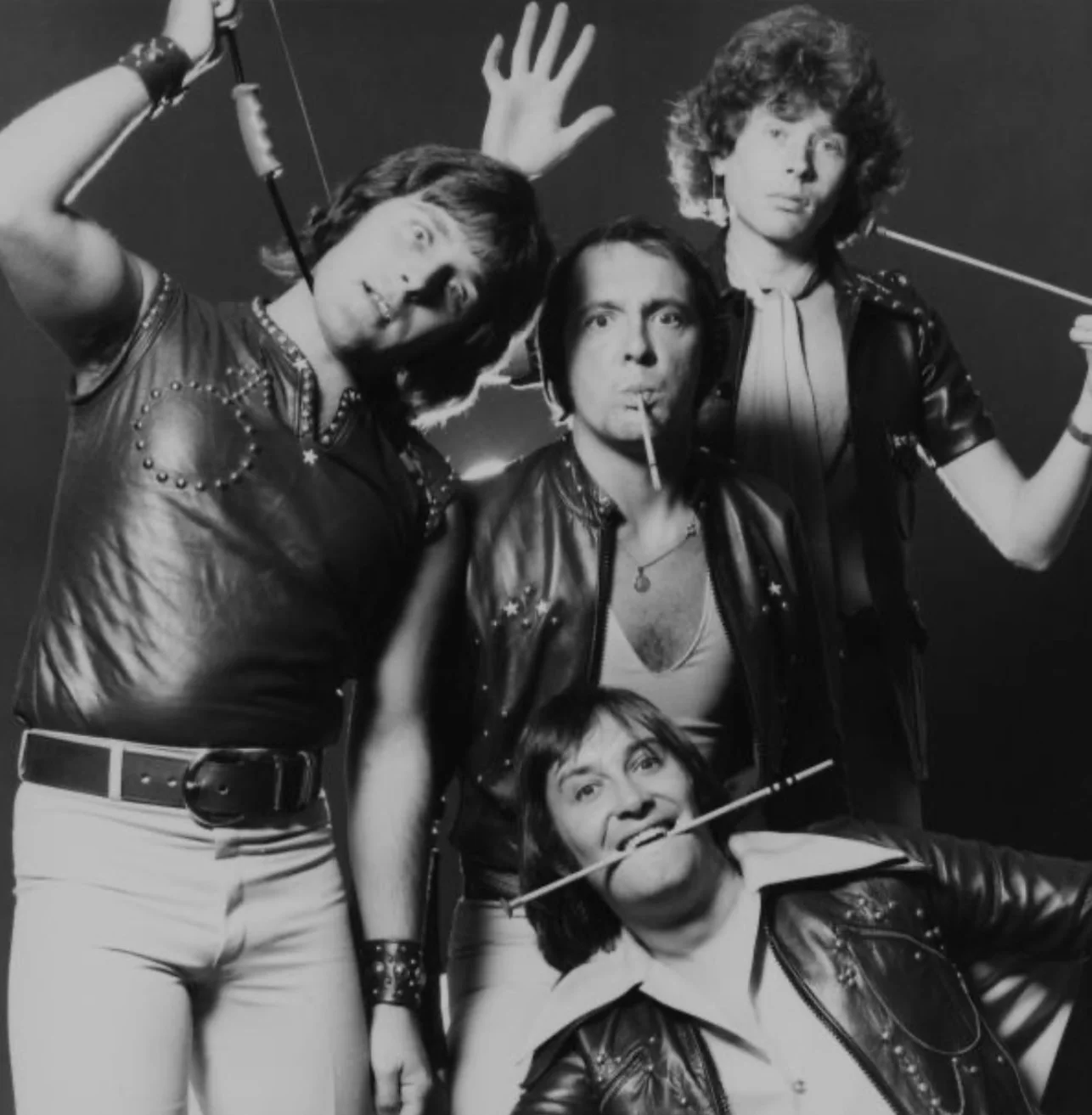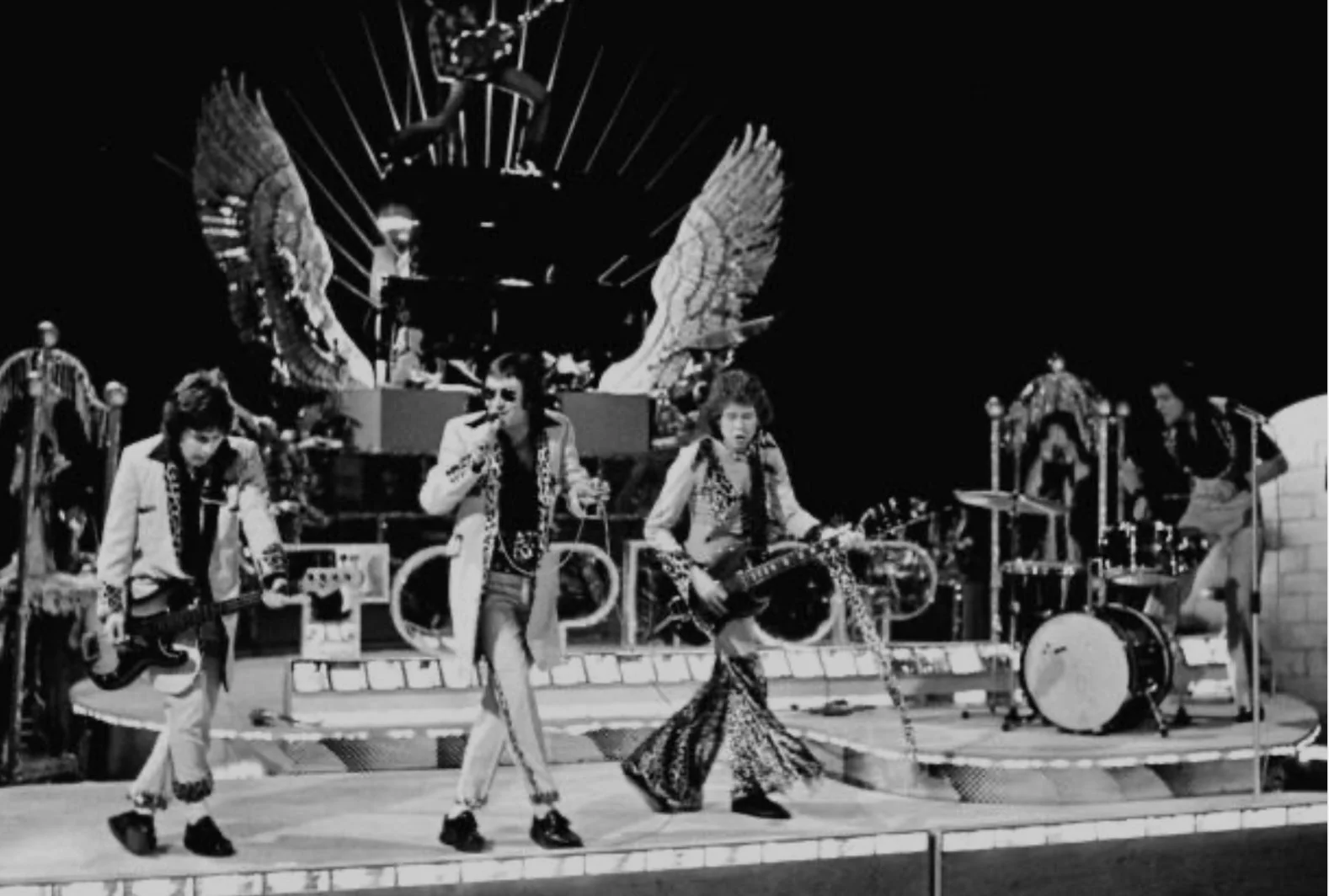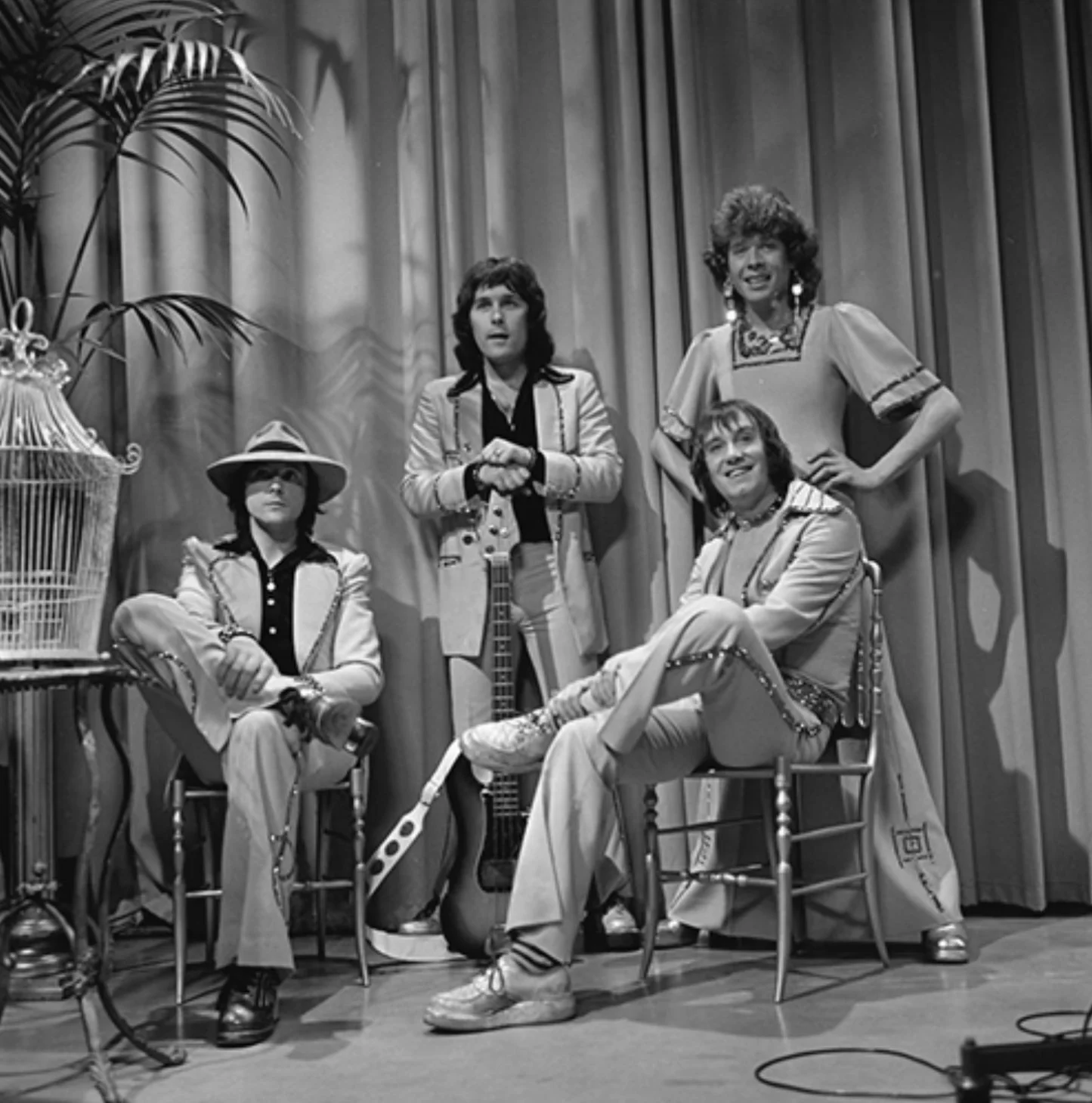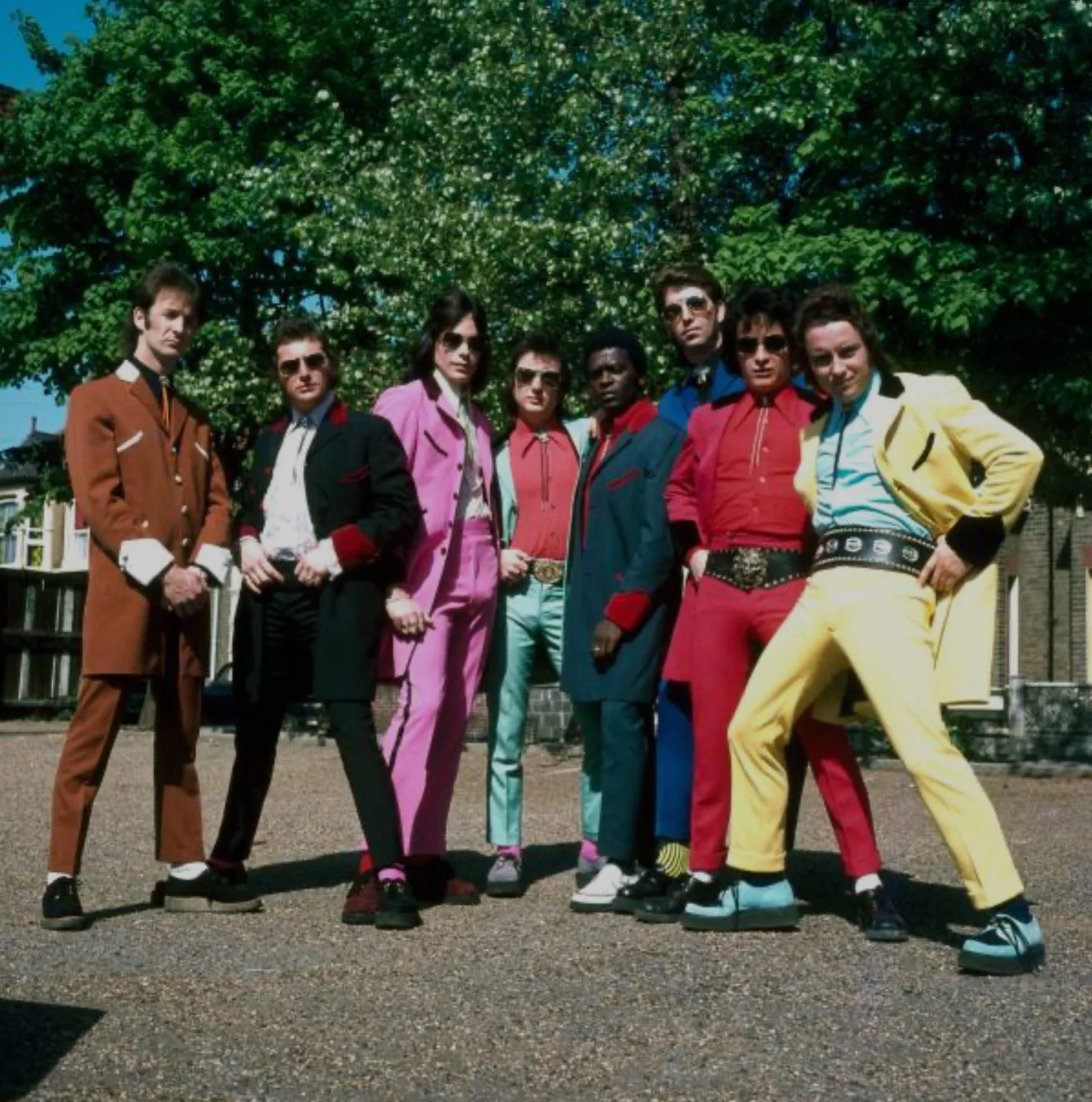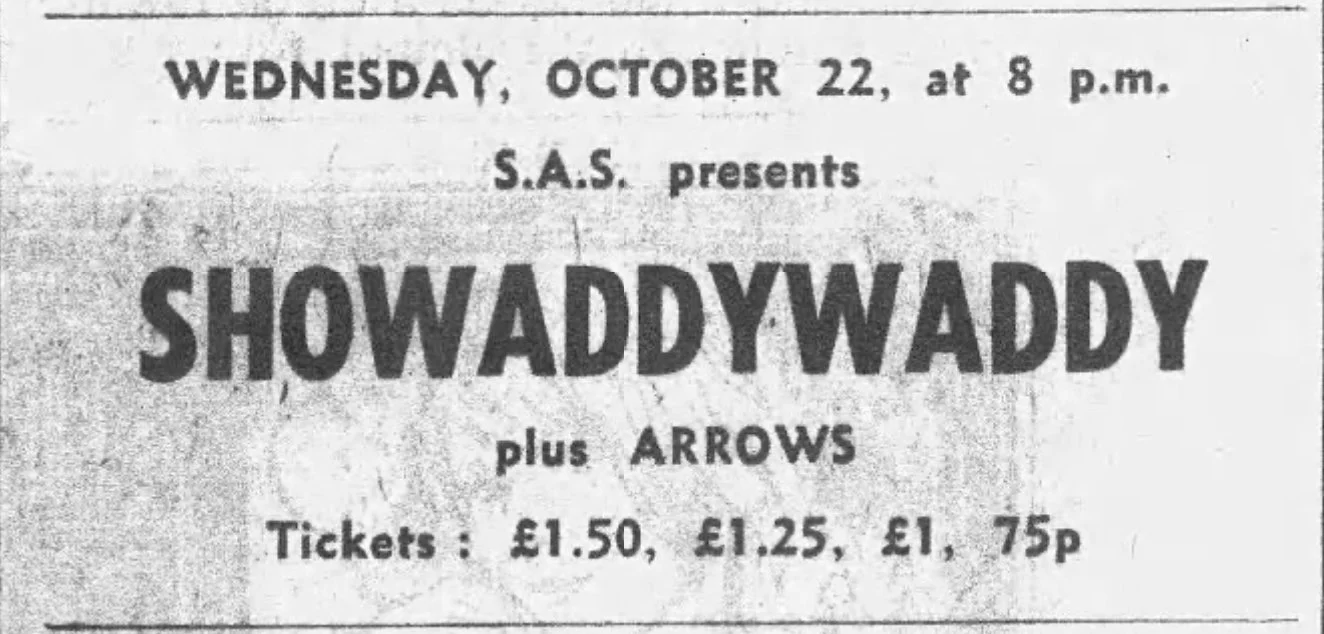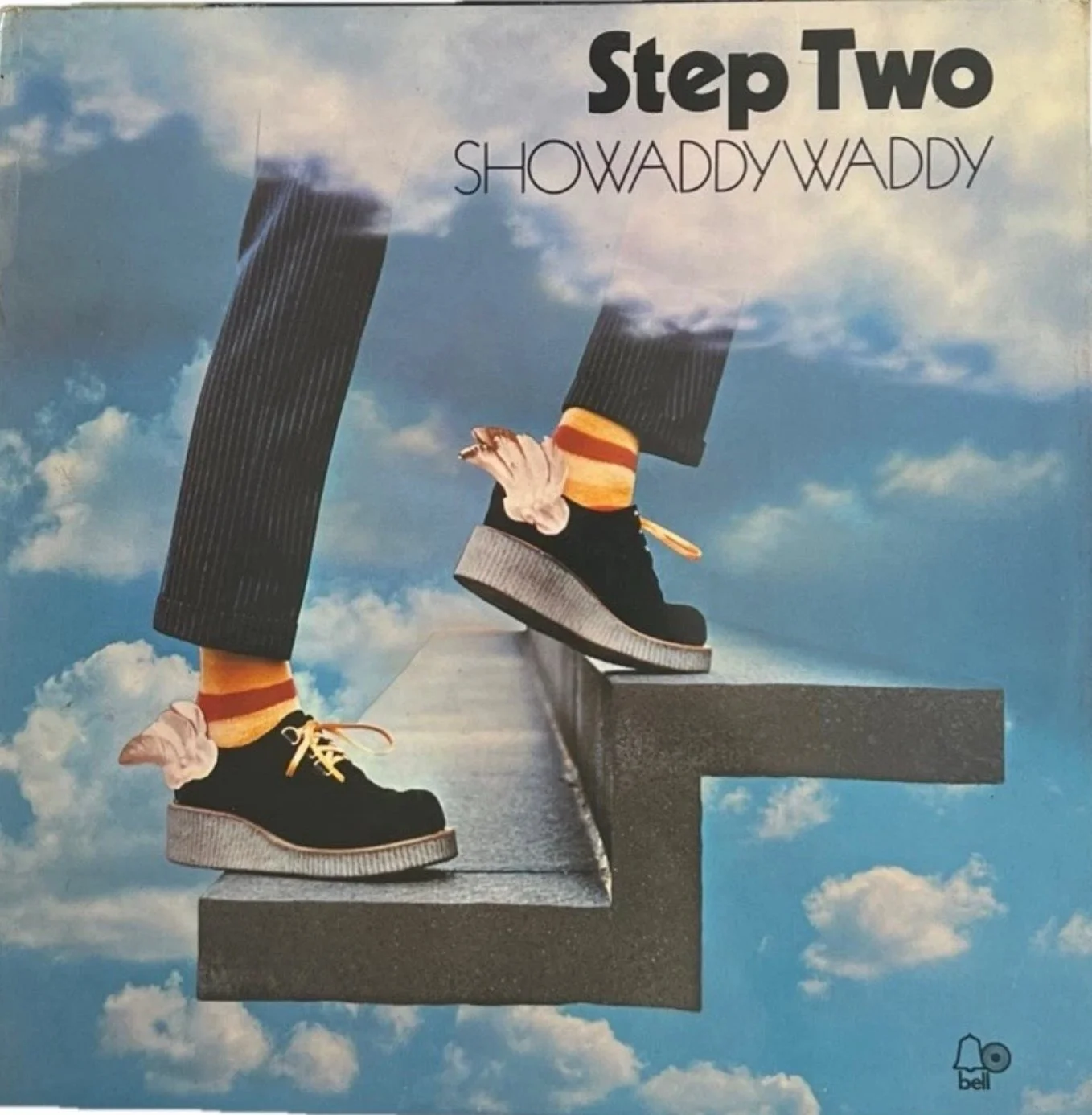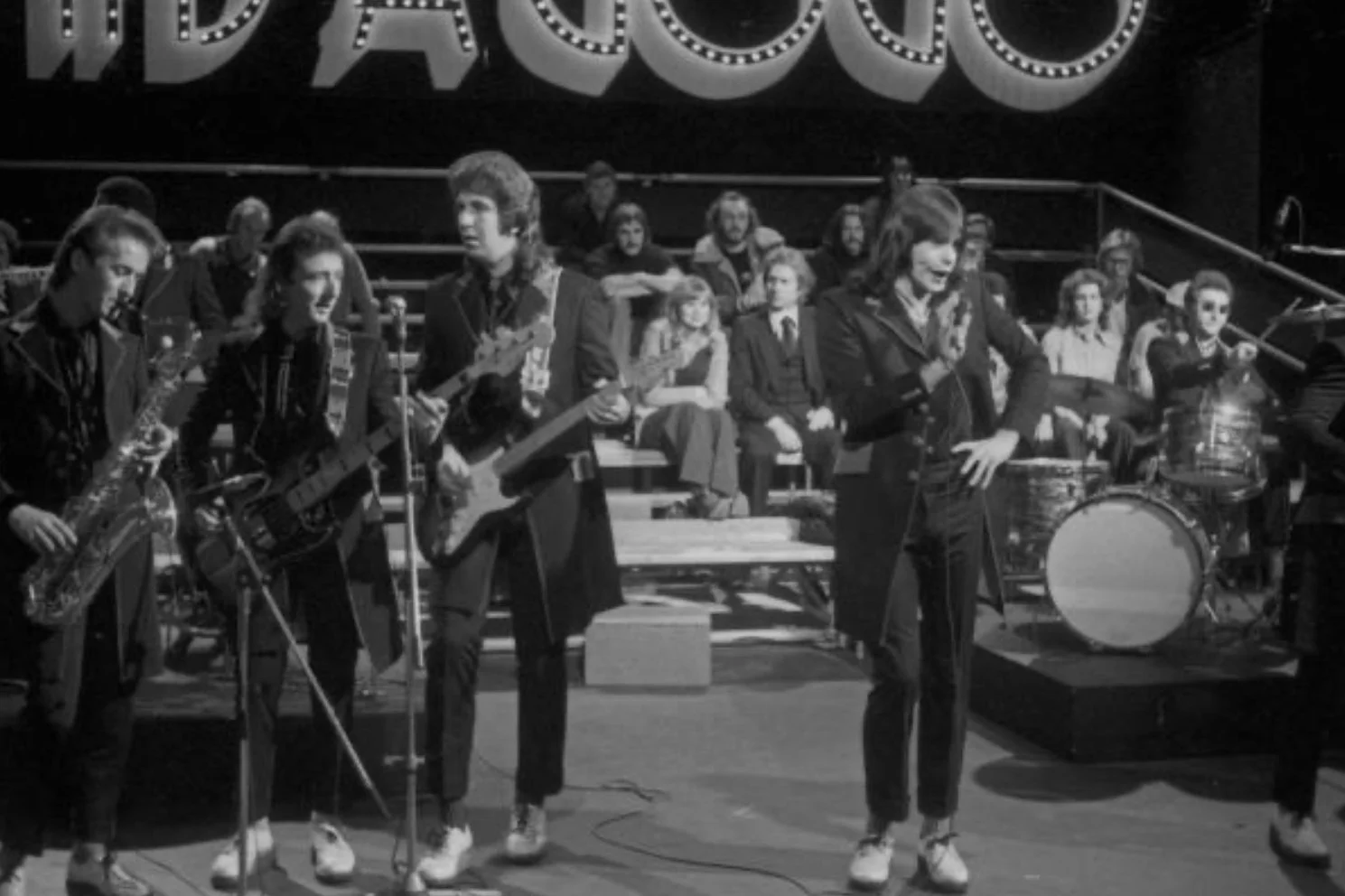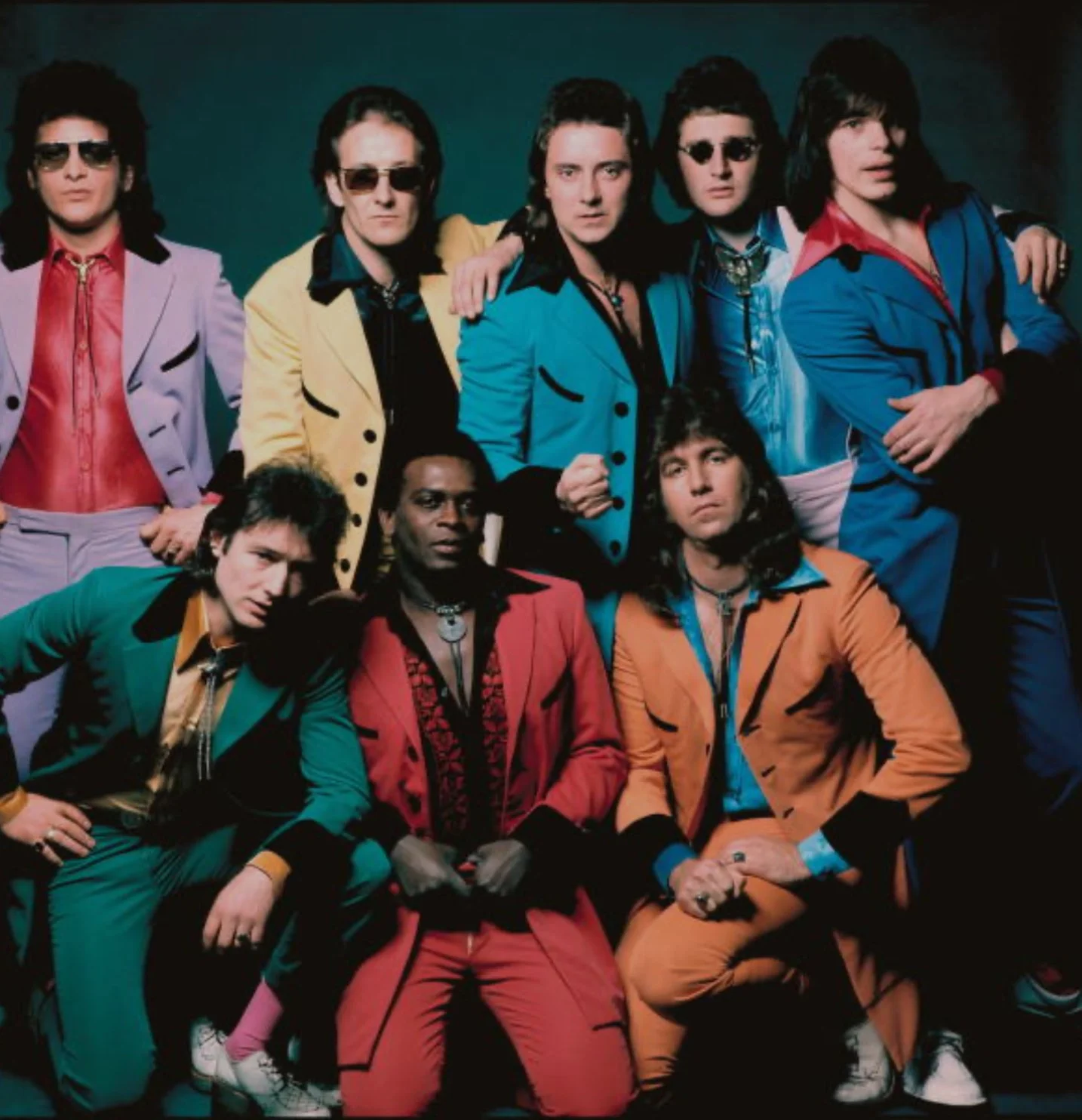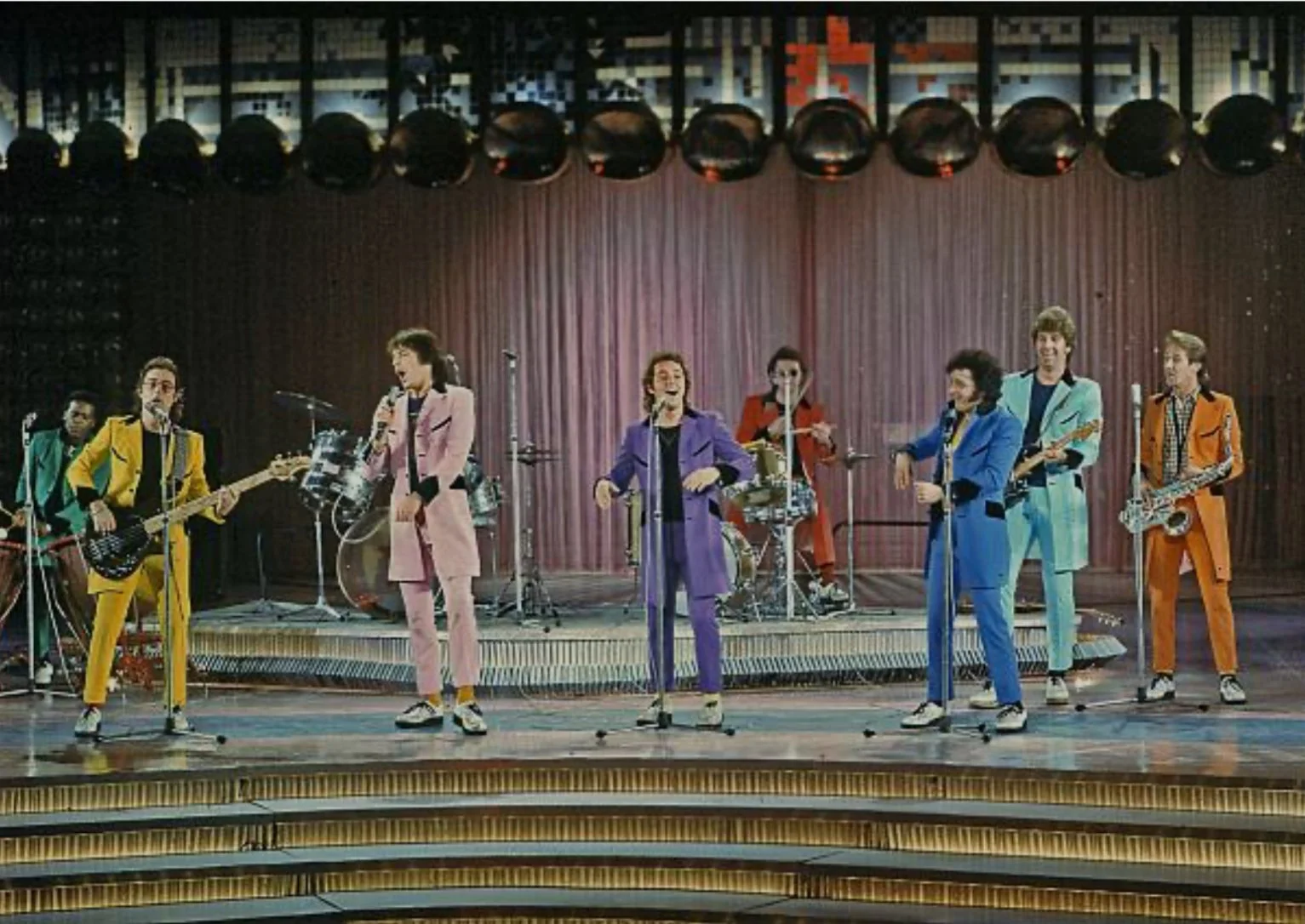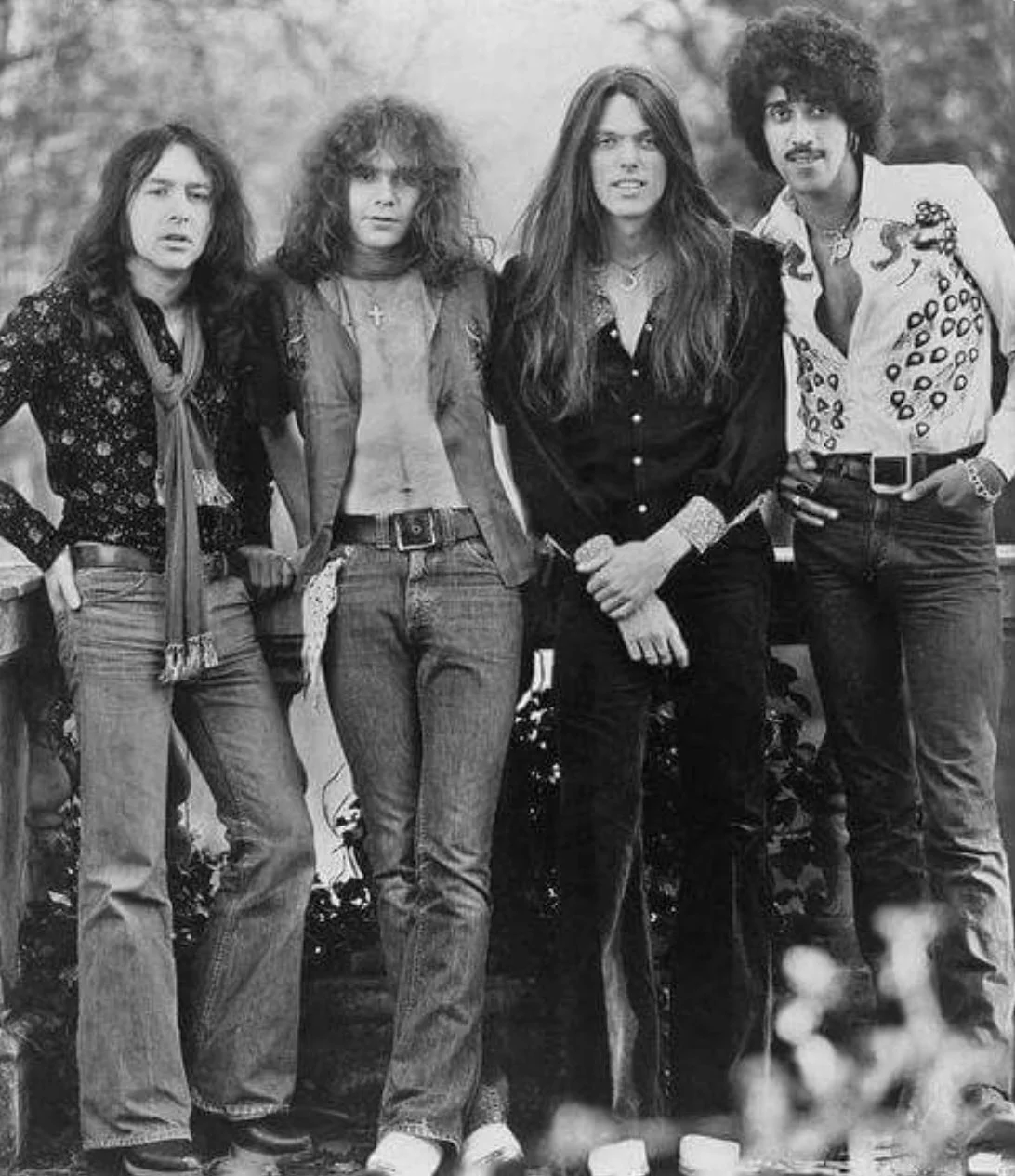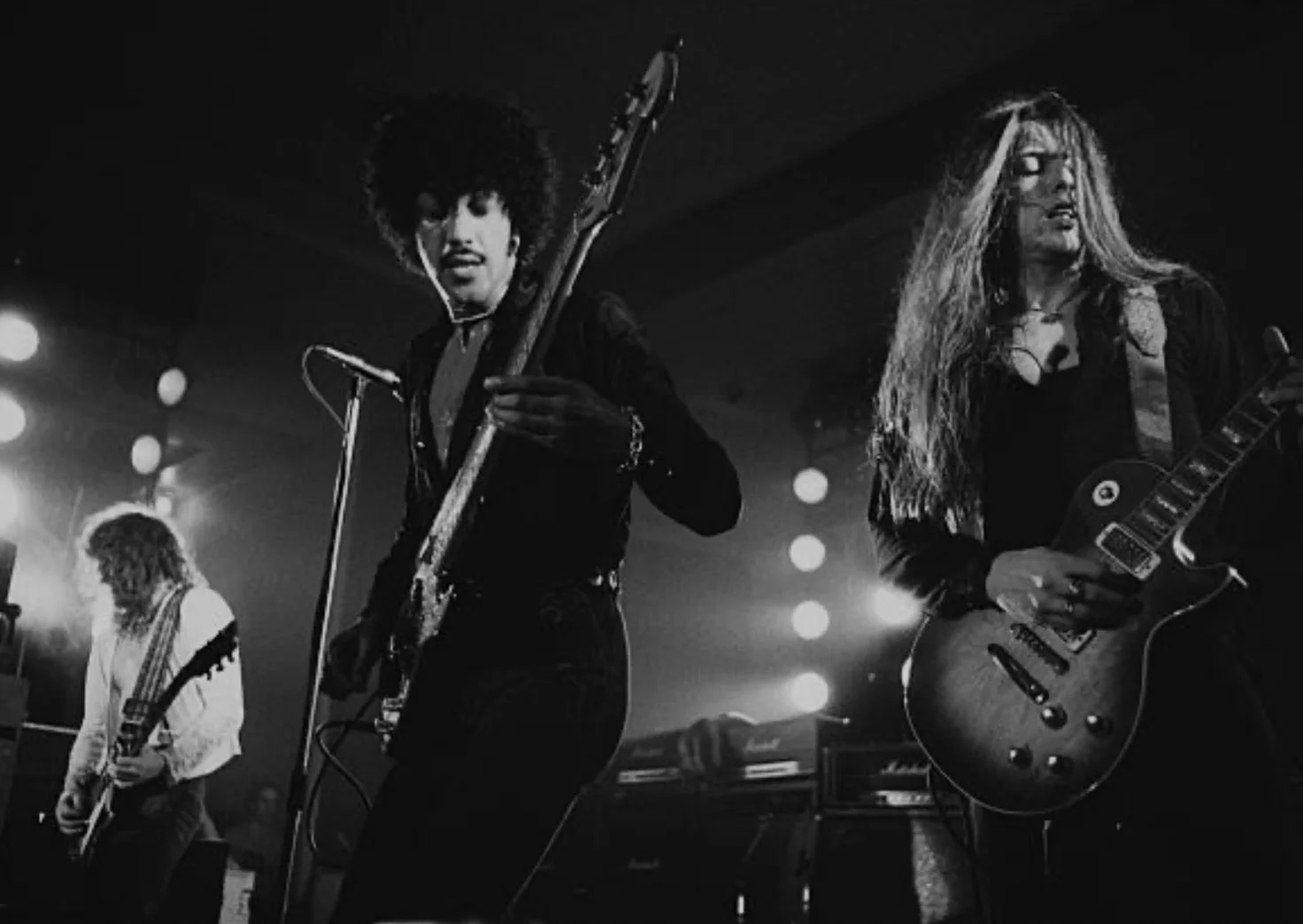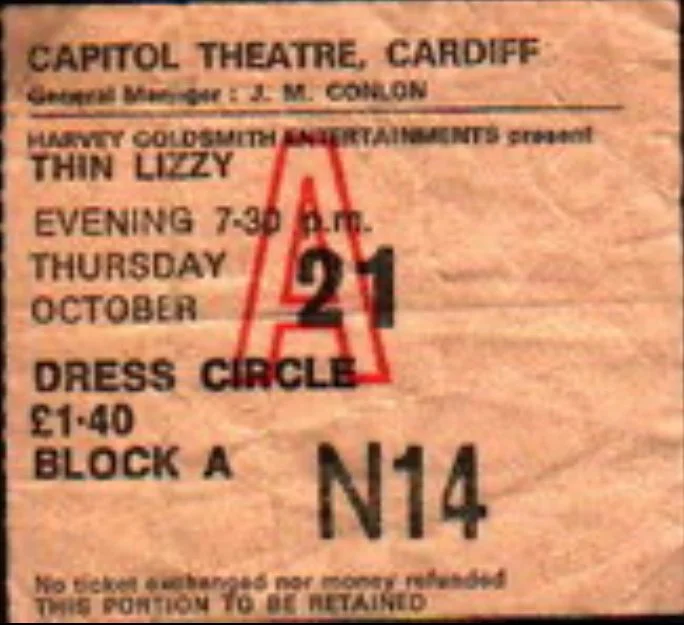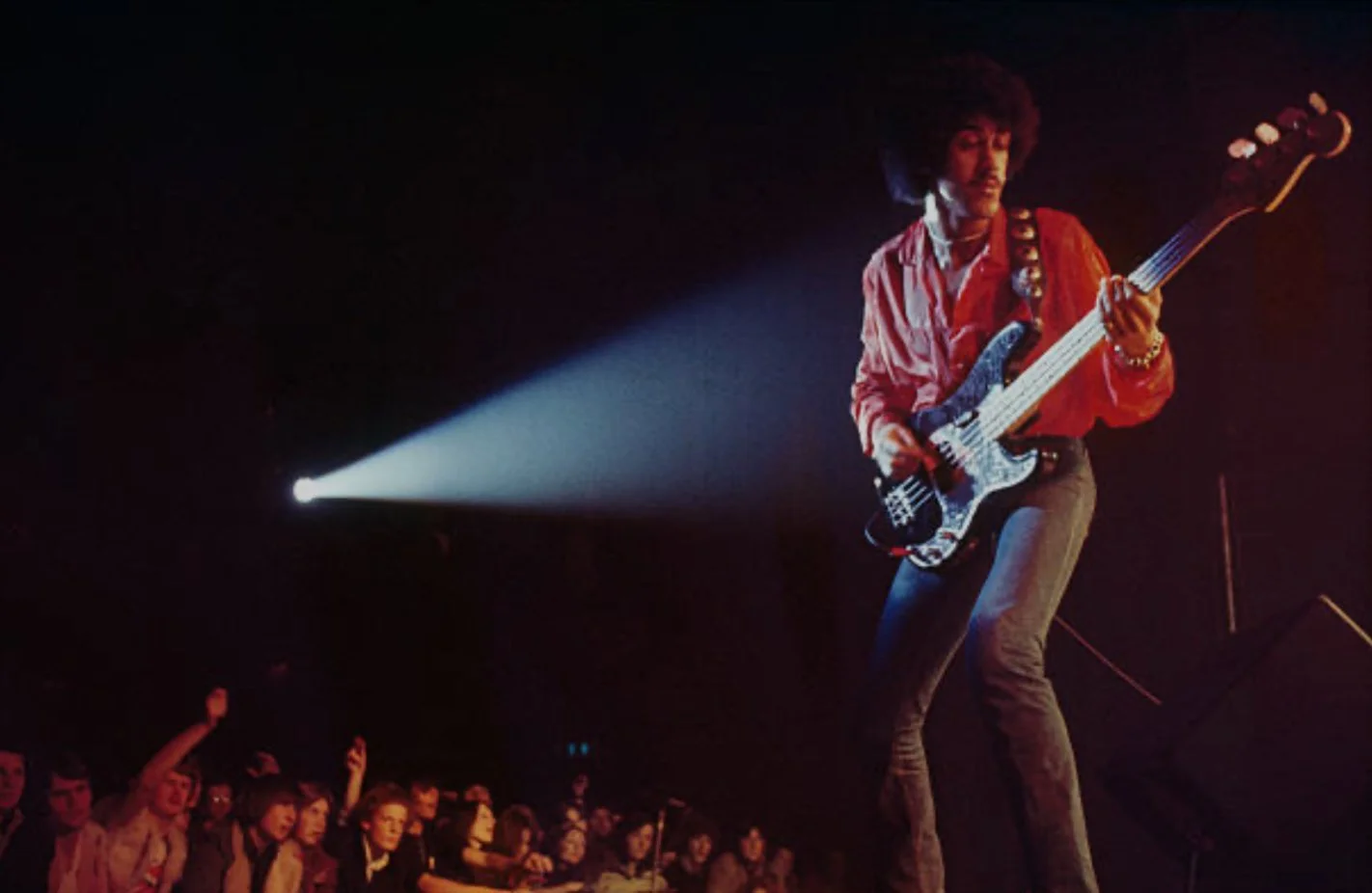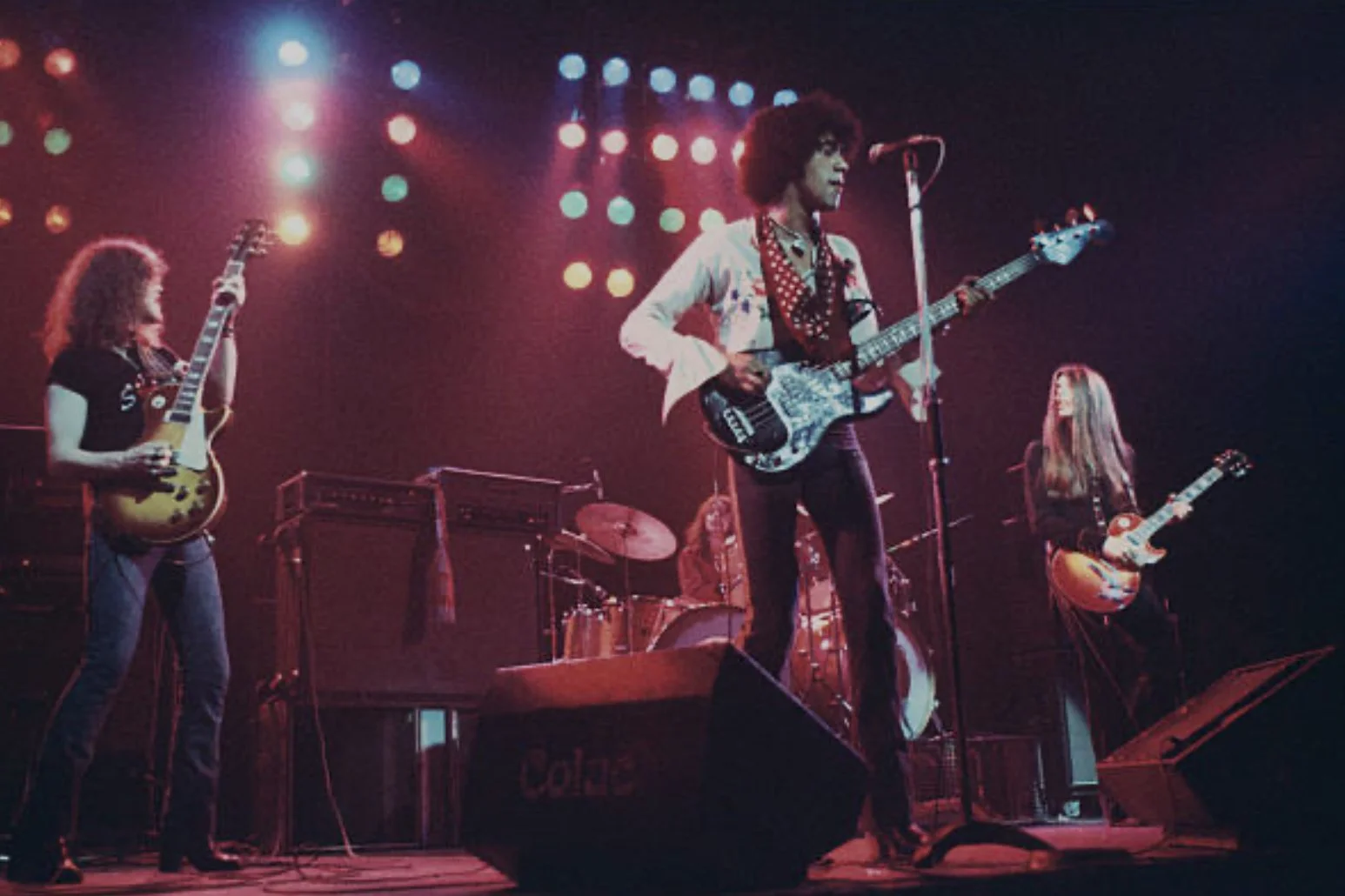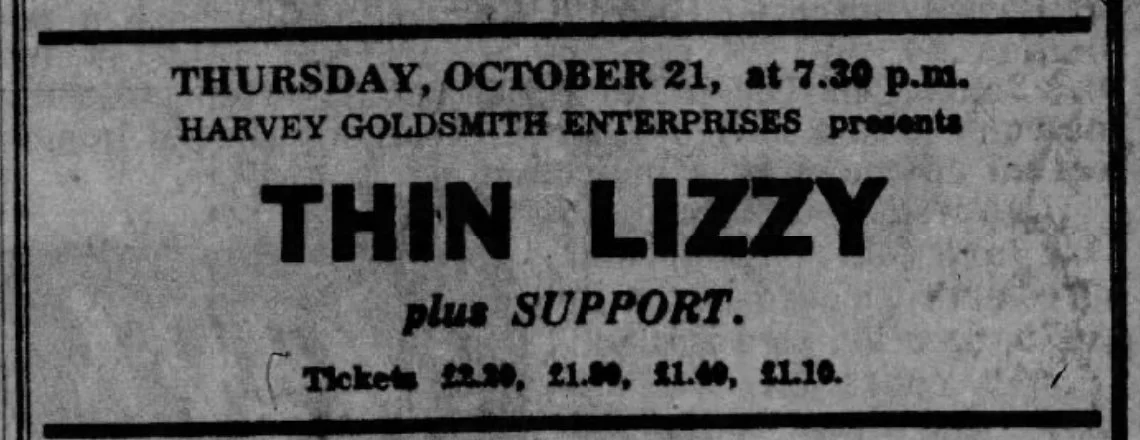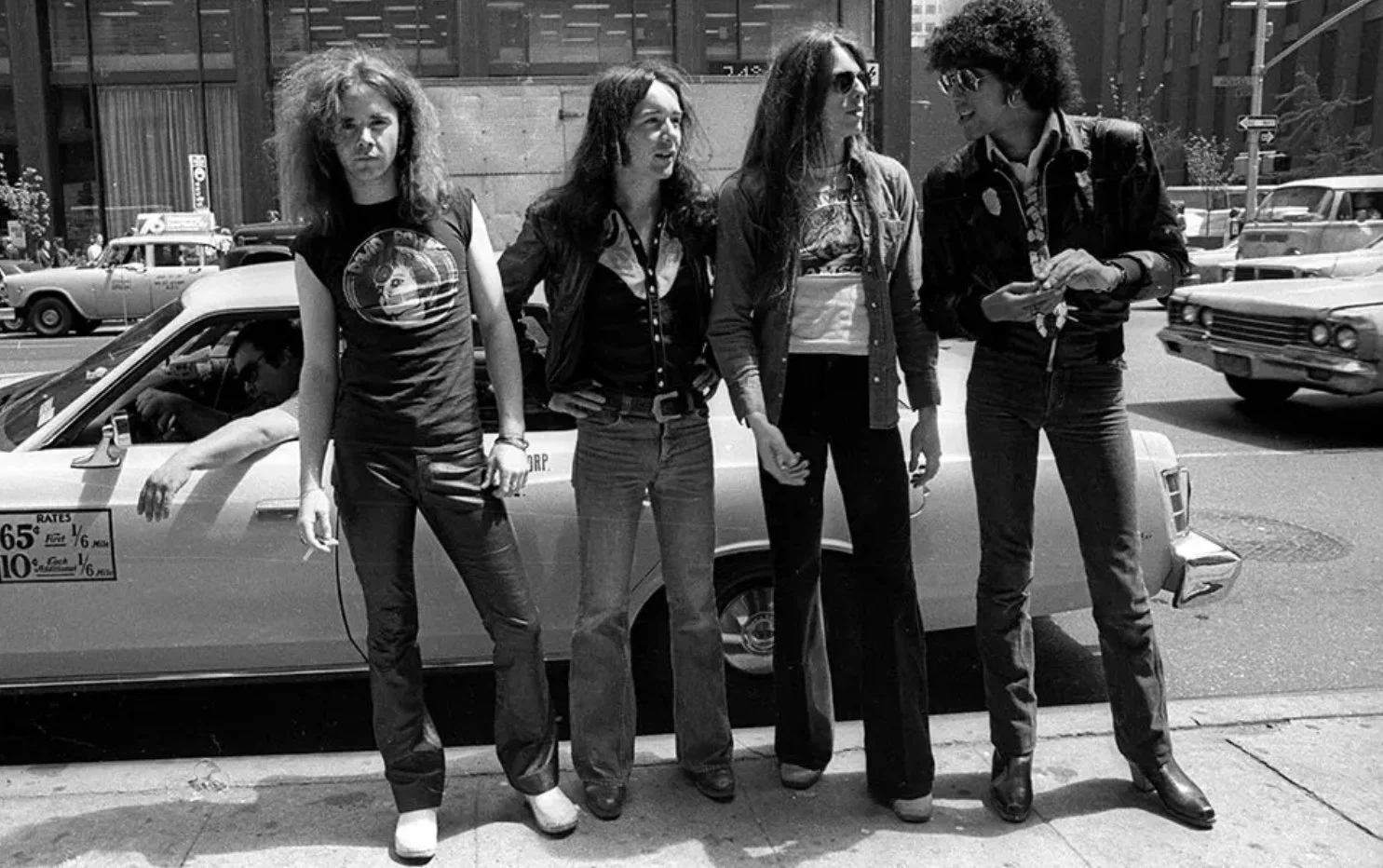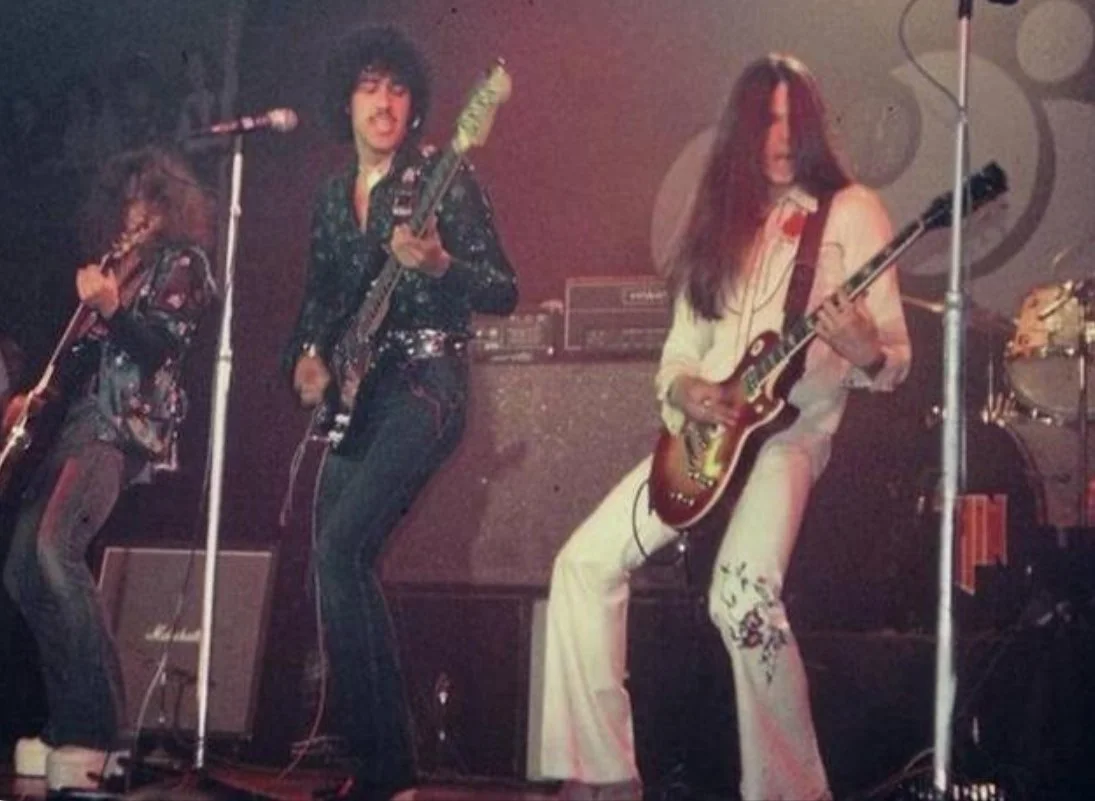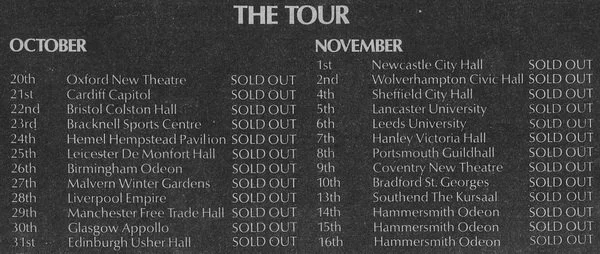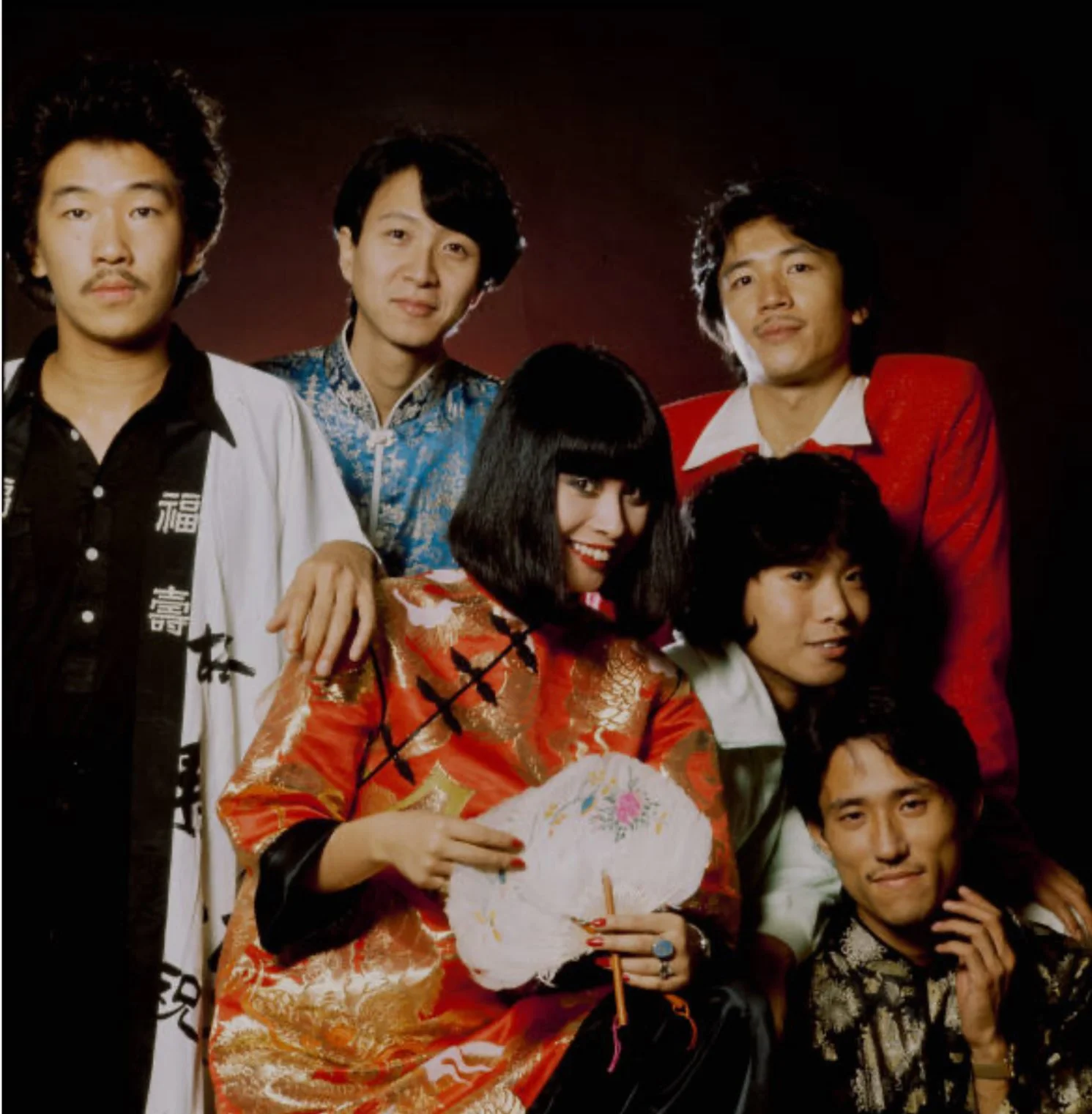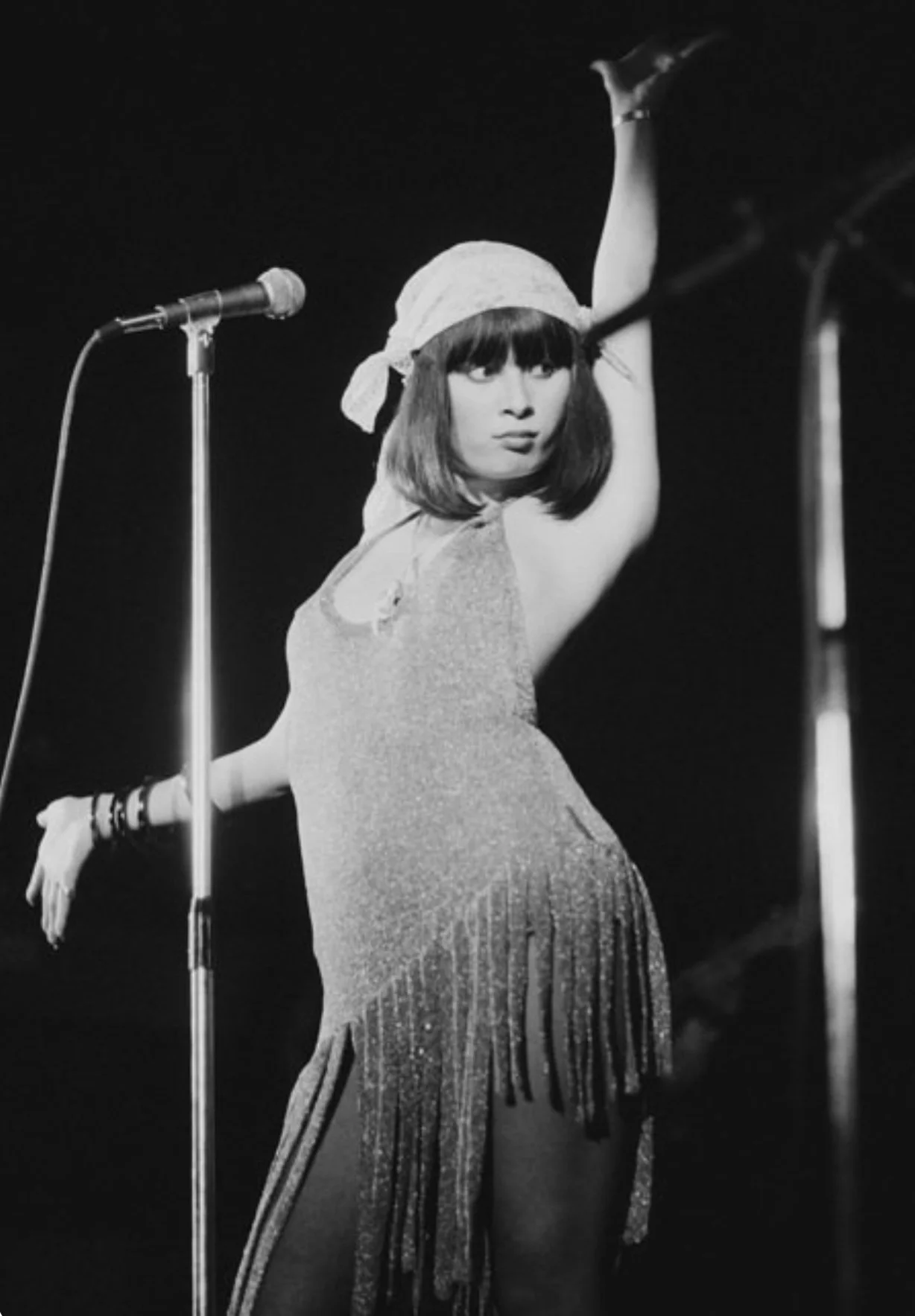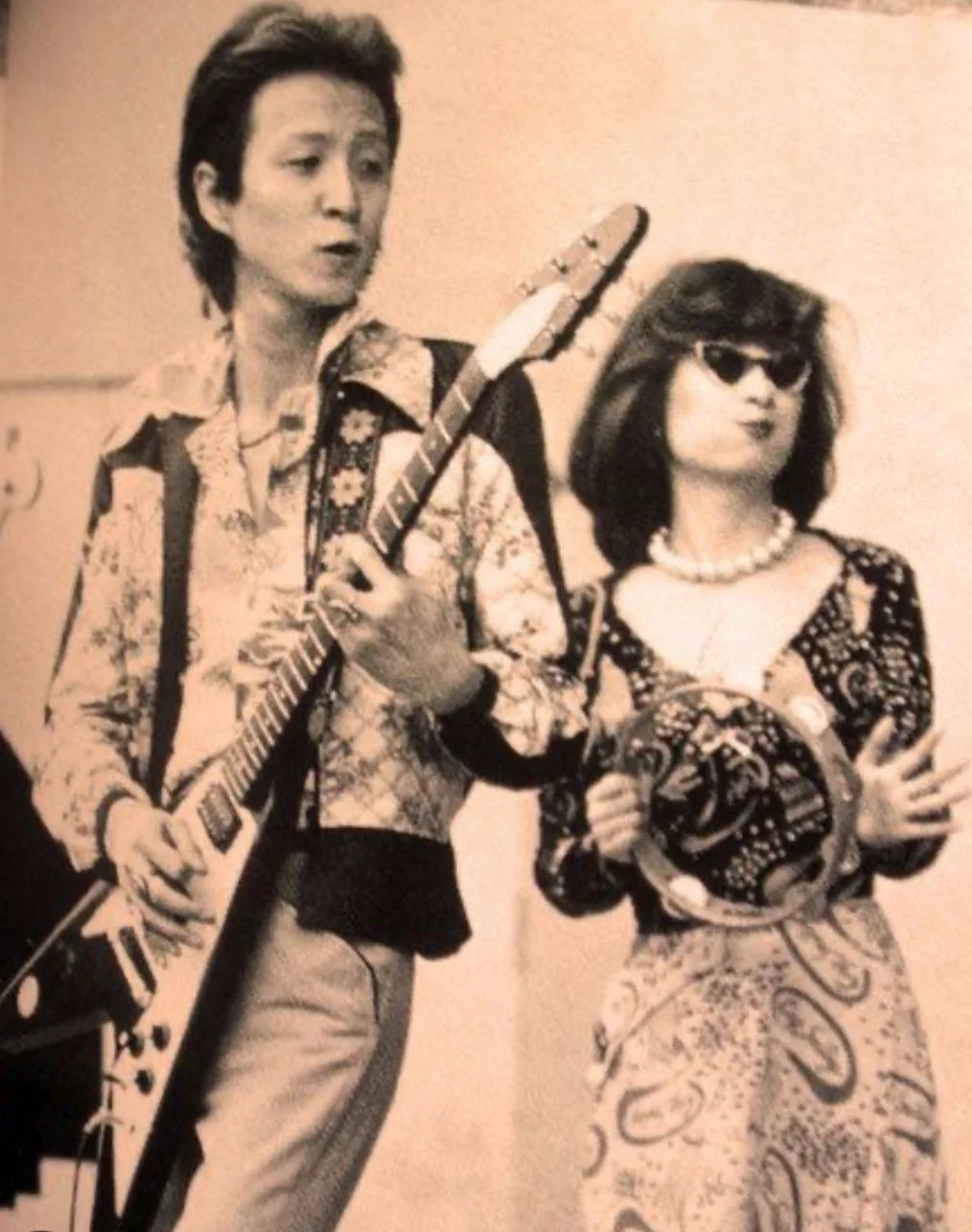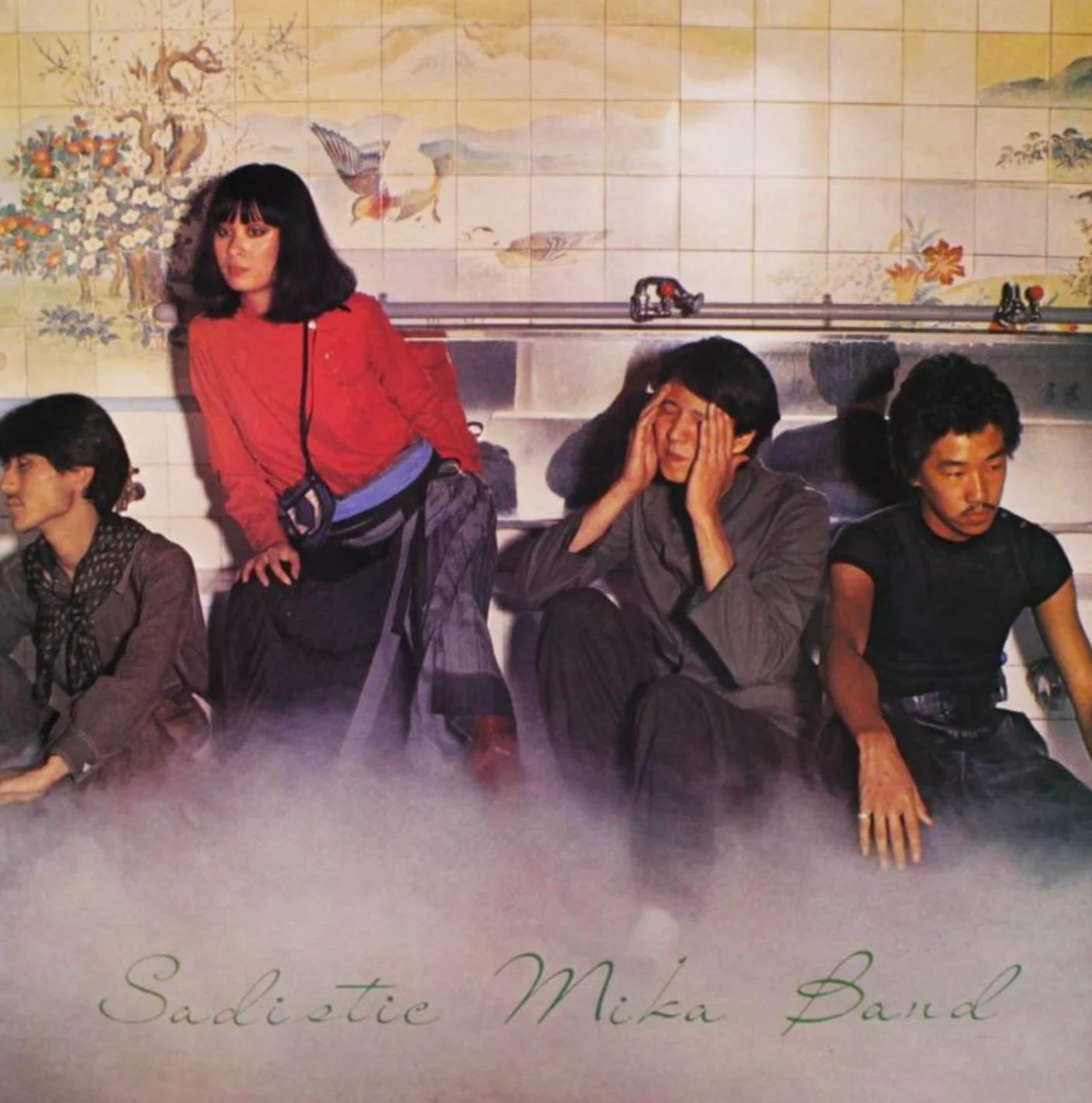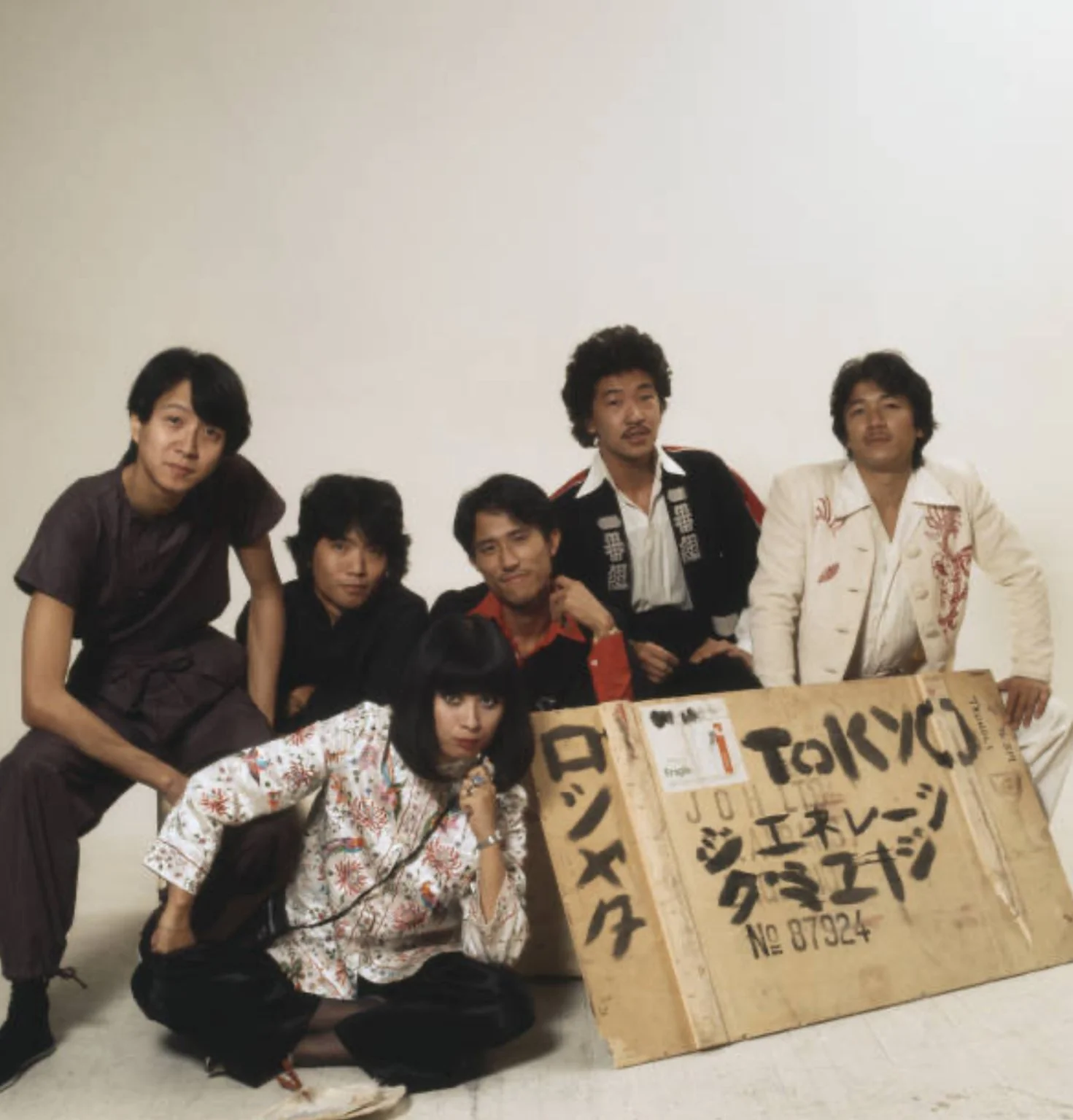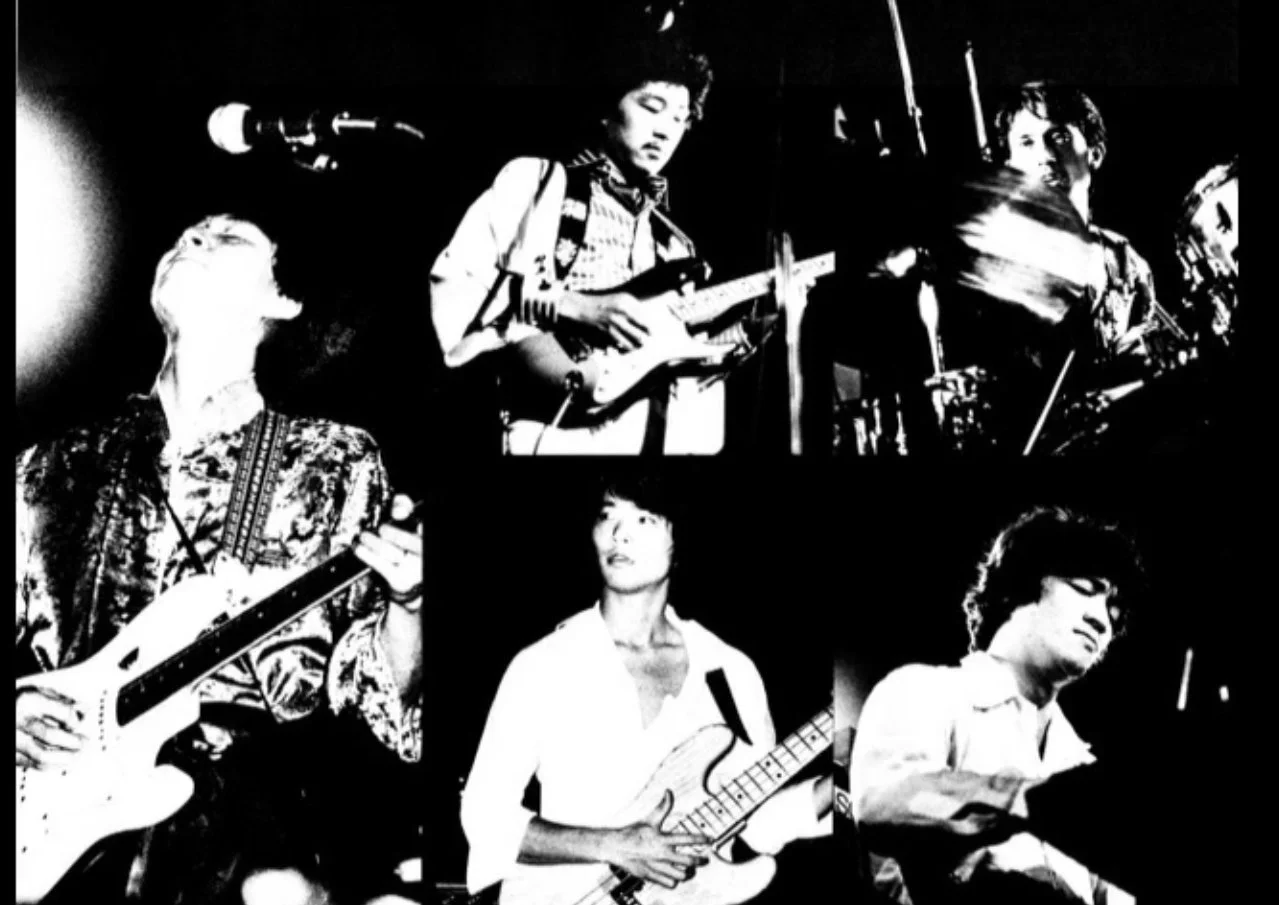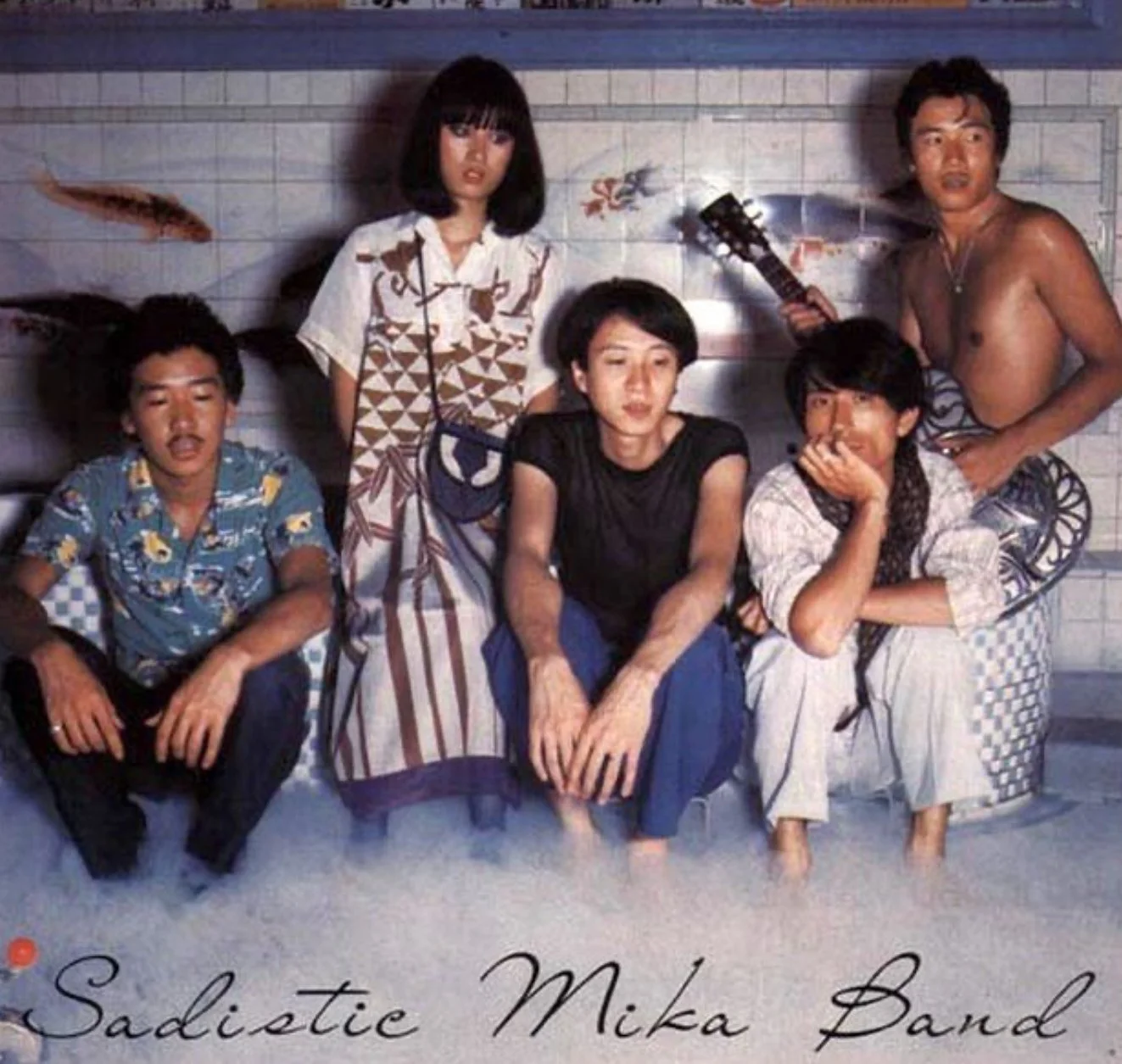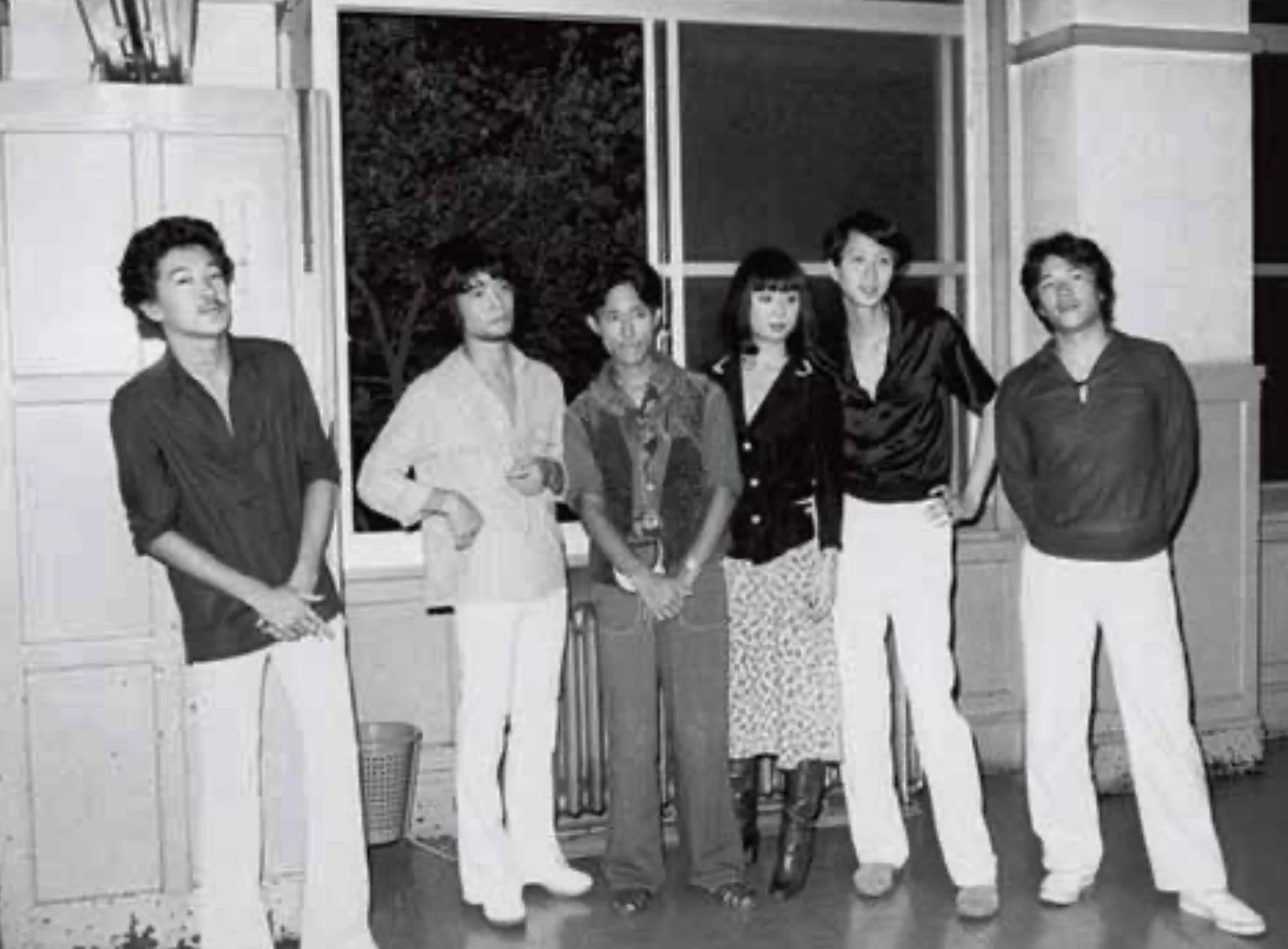Images may be subject to copyright
On this day, 27 October 1976, pop star actor David Essex played Cardiff’s Capitol Theatre. The tour was to promote his fourth studio album Out On The Street, which peaked at #31 in the UK album charts.
Essex made his first record, titled "And the Tears Came Tumbling Down", for the Fontana label in 1965. He then toured with a band called 'David Essex and the Mood Indigo' for two years, and released a further seven singles in the 1960s. He also recorded two songs, "A Rose" and "Leon and John and Billy and Me" which remain unreleased, but exist as acetates. His first notable acting role, aside from small appearances in the films Assault and All Coppers Are..., was the lead in the stage musical Godspell in 1971 at the age of 23.
Two years later, he starred in the film That'll Be the Day (1973) and recorded his international hit single, the self-penned "Rock On", in the same year. It sold over one million copies, and was awarded a gold disc by the R.I.A.A. in March 1974. It was nominated for a Grammy and reached No. 5 on the Billboard Hot 100. A second single, "Lamplight", also reached the Top 10 in the UK singles chart.
In the 1970s, Essex emerged as a performer of some note. Contrary to a claim made in his own biography, his first concert was at the Granada in East Ham on Saturday 2 November 1974, and not at the Odeon. His biggest hits during this decade included two UK number one singles: "Gonna Make You a Star" (1974) and "Hold Me Close" (1975). He also appeared in Stardust, a 1974 sequel to That'll Be the Day. The title song was another Top 10 hit. In 1976, Essex covered the Beatles song "Yesterday" for the musical documentary All This and World War II.
Essex's pop idol looks gave him a strong female fan base, and his British tours created scenes of hysteria reminiscent of Beatlemania. According to The Guinness Book of British Hit Singles, he was voted the number one British male vocalist in 1974, and was a teen idol for more than a decade.



